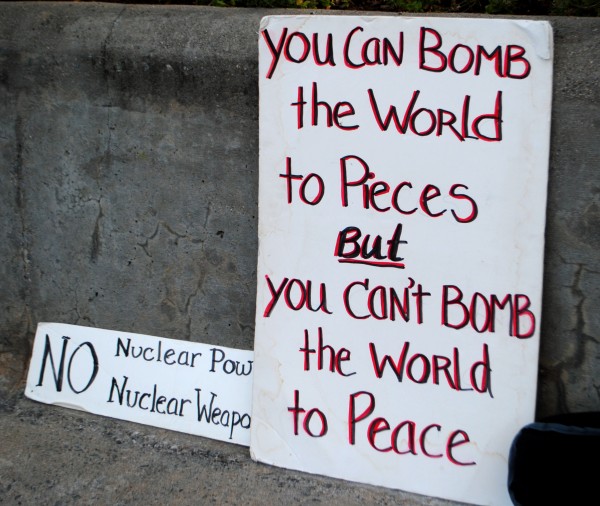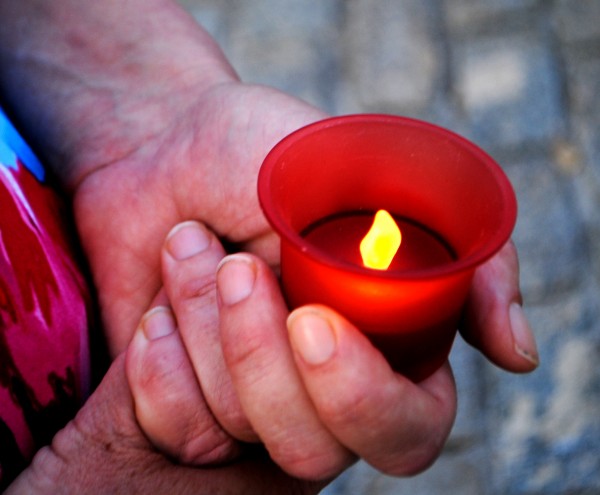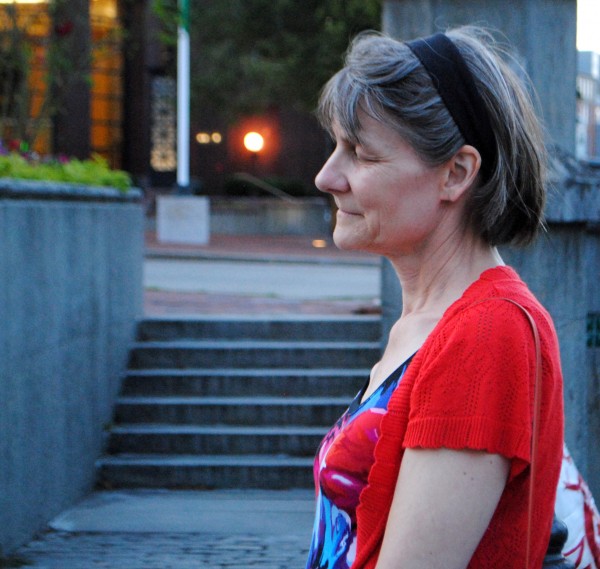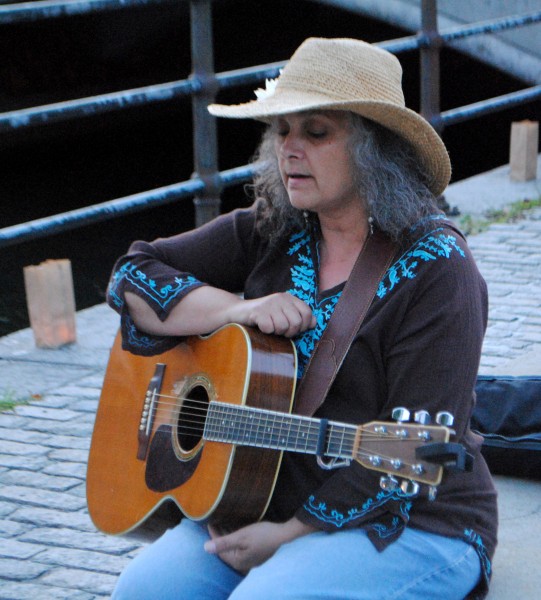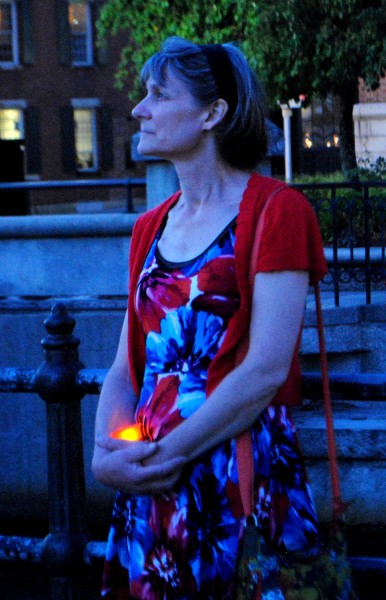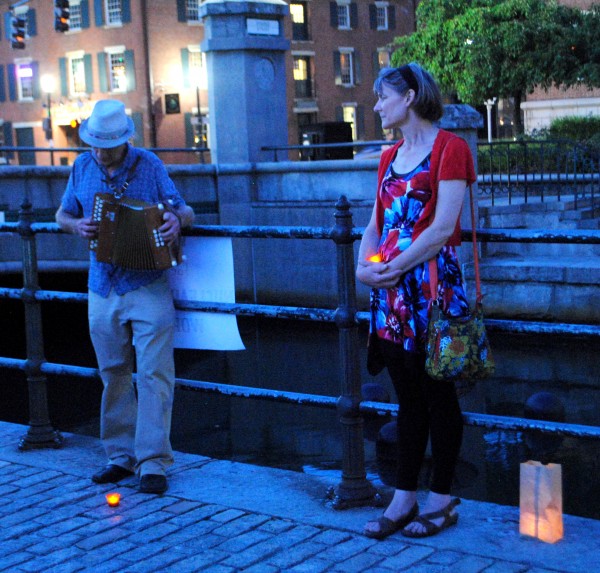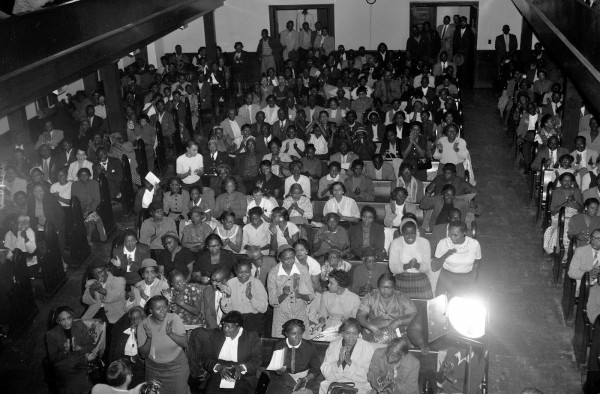
Seventy years ago, Mrs. Geneva Johnson, a black Montgomery resident, was arrested on a Montgomery, Alabama public transit bus for allegedly having the incorrect bus fare and daring to display improper social decorum by “talking back” to a malicious white bus driver who had berated her. It was not uncommon for bus drivers to abuse and rob black riders at the pay meter. Historian Danielle McGuire notes: “Drivers shortchanged African Americans, then kicked them off the bus if they asked for correct change.”
In the coming years, Montgomery would see the arrest of many more black women — Viola White, Claudette Colvin, Katie Wingfield — and even children who dared to challenge entrenched white power by violating the city’s segregation laws on the public bus lines through their refusal to vacate seating reserved for white passengers. Throughout the nation Blacks (and increasingly their white solidarity partners) were beginning to evince heightened levels of intolerance to, and direct action against, Jim Crow segregation. Their objective was less about the individual indignities of anti-black racism they encountered on Montgomery’s buses, as it was about the imperative to confront systemic white supremacy itself.
In 1952 Montgomery police shot and killed a black man over a fare dispute literally as he exited the bus. In yet another particularly horrid 1953 example, Epsie Worthy refused a white bus driver’s coercive attempt to rob her of an additional transfer fee. “Rather than pay again,” says Jo Ann Gibson Robinson, one of the boycott lead organizers and head of the Montgomery Women’s Political Council (WPC). “[Worthy] decided that she did not have far to go and would walk the rest of the way.” Angered by Worthy’s principled resistance the bus driver leapt from his seat and violently beset upon her. Although she mounted a valiant defense, fearlessly returning counter strikes to the white driver’s rain of fists, she would ultimately suffer a loss this day, which meant jail and a fifty-two dollar fine. After the arrest of eighteen-year-old Mary Louise Smith on October 21, 1955 black Montgomery drew a proverbial line in the sand.
Out of Montgomery’s total black population (which numbered nearly fifty thousand), more than half of all the black women laboring outside of their homes found paid work as domestics in white homes — far beyond the economic safe haven of labor protection laws or a union. Unable to afford private vehicles due in large part to their shamefully low wages, black domestics relied heavily upon the city’s public transportation system. Herein, as a directly affected group, black domestic workers became the all-important foot soldiers of the Montgomery bus boycott. The thoroughly networked social and cultural lives of domestic workers proved to be an invaluable resource for the success of the boycott. As seasoned guerrillas, black women clandestinely transported food, items, and, most critical to the boycott, key information gradually gleaned from white conversations eavesdropped upon.
 1950’s Montgomery was home to a significant community of black women, many of whom held professional-class careers as principals, professors, nurses, and social workers. Brown University historian, Dr. Françoise Hamlin, in her multiple award-winning book, Crossroads at Clarksdale: The Black Freedom Struggle in the Mississippi Delta after World War II, remarked on the powerful regional influence of the Montgomery bus boycott: “… black Clarksdale continued efforts in 1956 to apply pressure on the foundations of segregation. The news of the Montgomery bus boycott had spread fast in Mississippi. If change could happen in Alabama, why not Mississippi?”
1950’s Montgomery was home to a significant community of black women, many of whom held professional-class careers as principals, professors, nurses, and social workers. Brown University historian, Dr. Françoise Hamlin, in her multiple award-winning book, Crossroads at Clarksdale: The Black Freedom Struggle in the Mississippi Delta after World War II, remarked on the powerful regional influence of the Montgomery bus boycott: “… black Clarksdale continued efforts in 1956 to apply pressure on the foundations of segregation. The news of the Montgomery bus boycott had spread fast in Mississippi. If change could happen in Alabama, why not Mississippi?”
Charged with getting the boycott off the ground, middle-class women of the WPC were essential to the initial organizational effort of the boycott. However, labor scholar Premilla Nadasen points out that during the 381-day-long boycott the remarkable networking acumen of domestic workers was indispensable:
They filled the pews at mass meetings and served as the foot soldiers that made the boycott a success, and they also exhibited leadership by raising money and mobilizing others in the community to support the campaign.
Black women, like Parks, who labored outside of the home — particularly domestic workers — suffered the compounded indignities of white supremacy on their return trips home. Throughout the day black women often found themselves verbally accosted by white female employers and sexually assaulted by white male employers. Thus, on the bus ride home black women had little tolerance for the inhumane social violence that was part and parcel of a racially segregated seating system. Racist and misogynist epithets like “‘black nigger,’ ‘black bitches,’ ‘heifers,’ ‘whores,’” were humiliating daily occurrences as Robinson remembers.
Rosa Parks was arrested for engaging in a nonviolent direct action against state sponsored white supremacy. Parks clearly was not the first black woman to resist segregated seating, nor was Montgomery’s the first public transit protest by African Americans. The Montgomery bus boycott comes out of a decades-long tradition of black protest against racial injustices in public transit. However, in Park’s case, middle-class black women who formed the core of the Montgomery Women’s Political Council, and had threatened to boycott the buses prior, used Park’s arrest to launch one of the most effective, efficient, and brilliantly orchestrated boycott actions in U.S. protest history. Nevertheless, without the crucial rank and file support of domestic workers Nadasen reminds us that “the bus boycott, quite simply, would never have succeeded.”





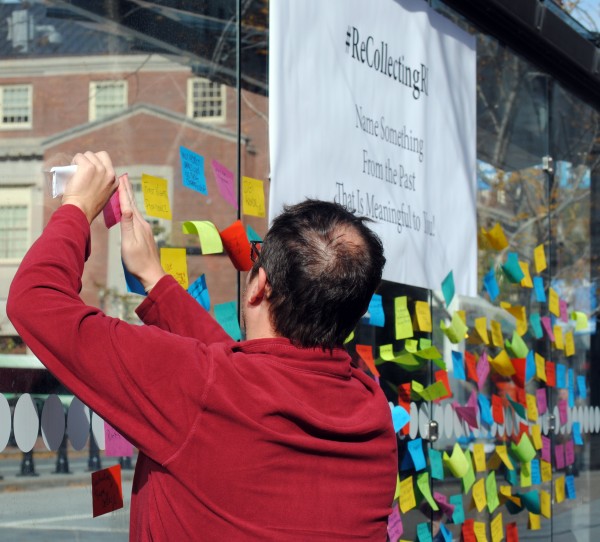 Thursday’s atypically beautiful October weather allowed the Rhode Island Historical Society (RIHS) to really enjoy their “in real life” version of their
Thursday’s atypically beautiful October weather allowed the Rhode Island Historical Society (RIHS) to really enjoy their “in real life” version of their 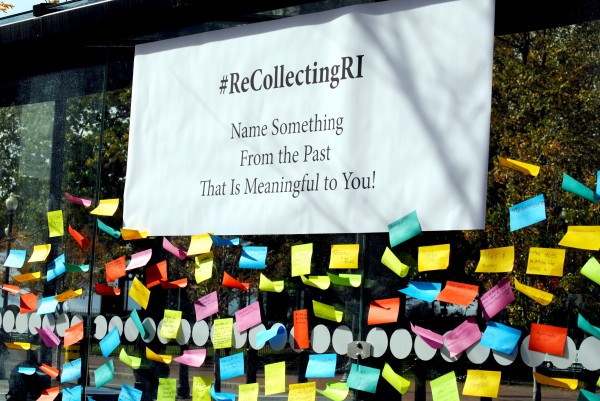
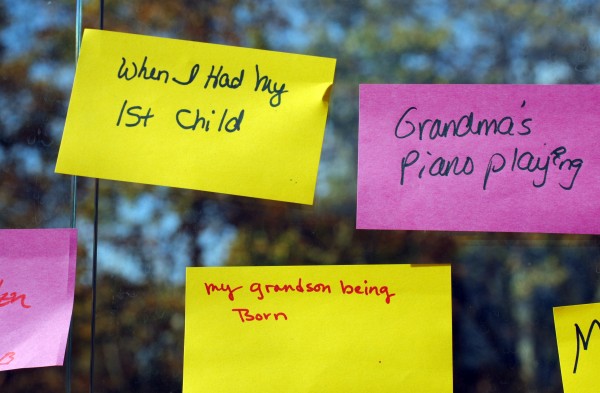

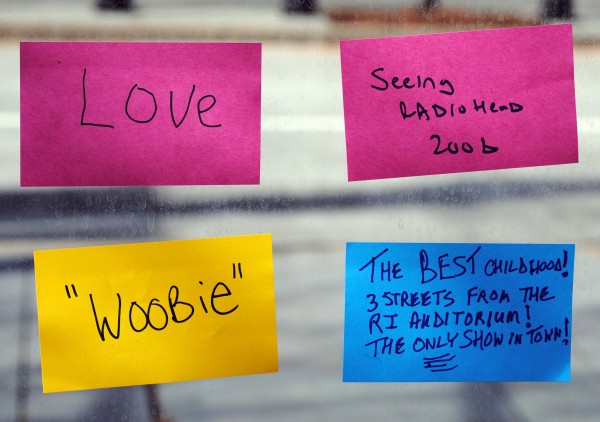
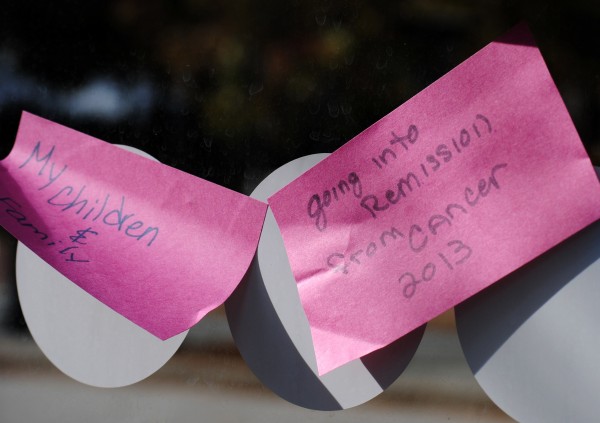
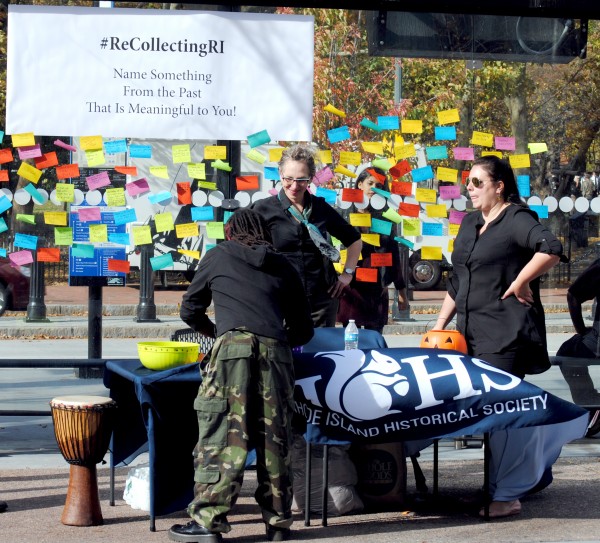
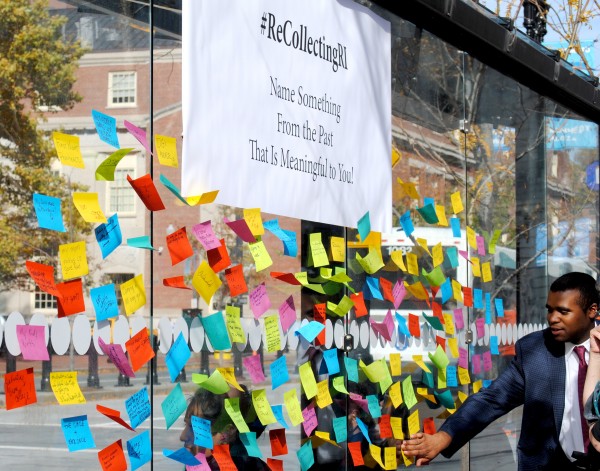
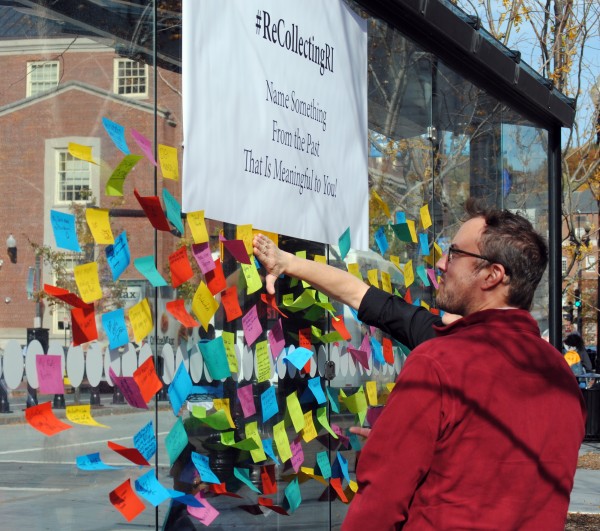

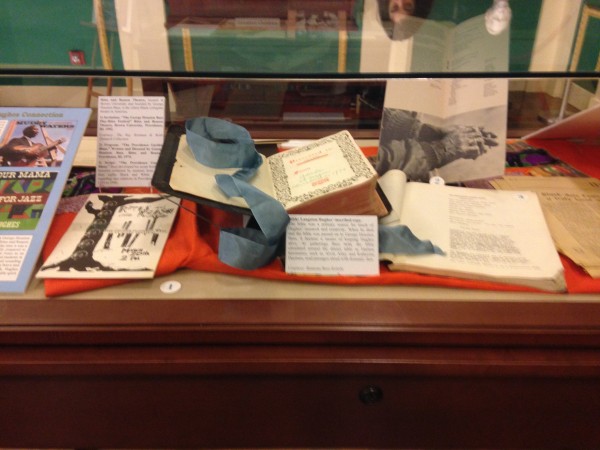
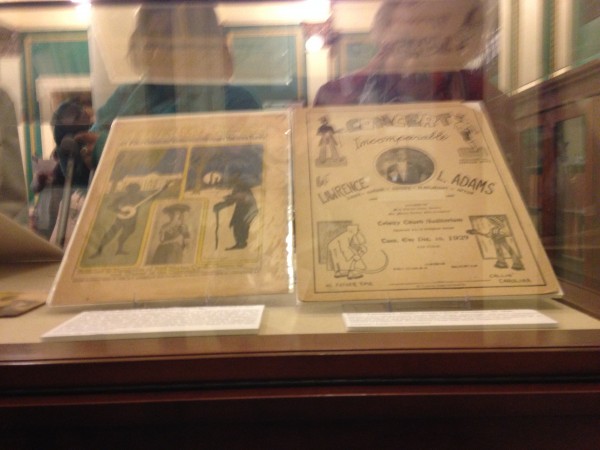
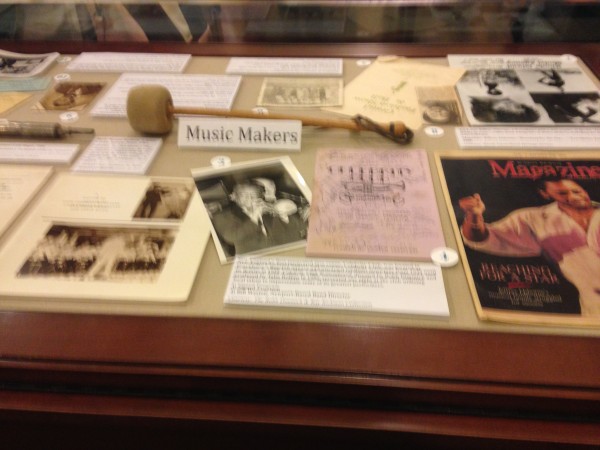
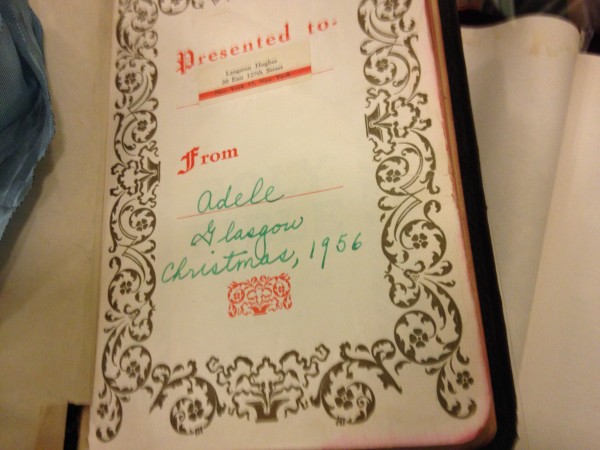
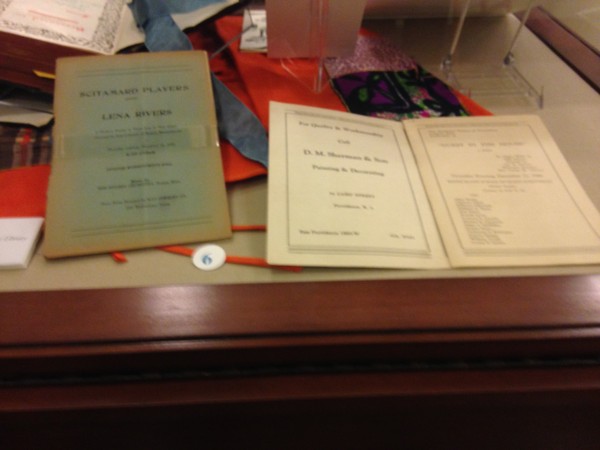
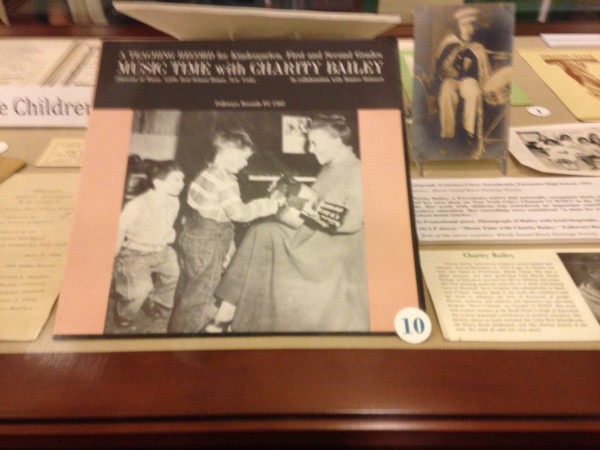
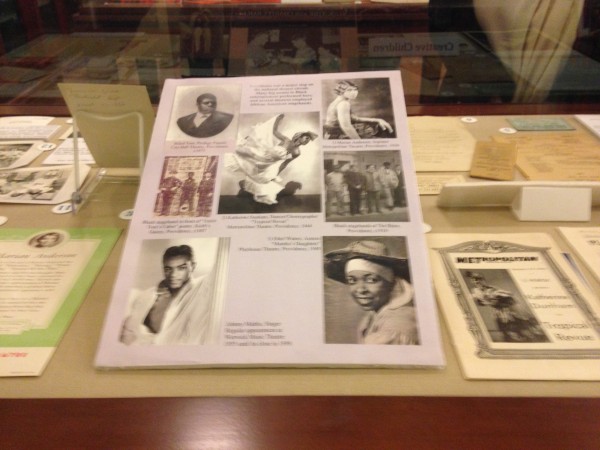
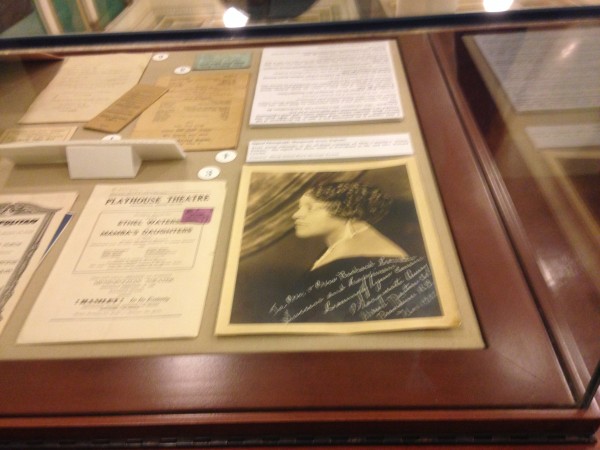
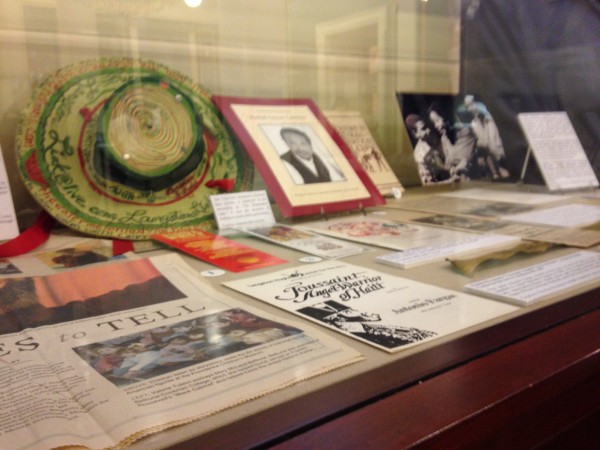
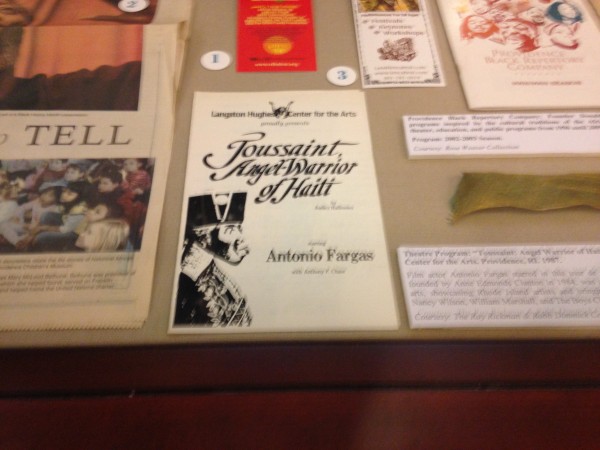
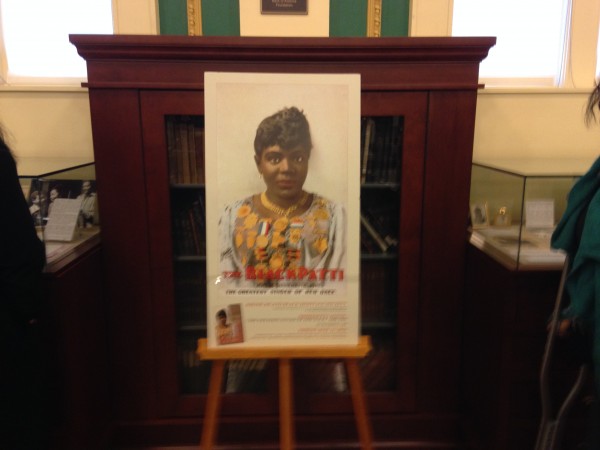
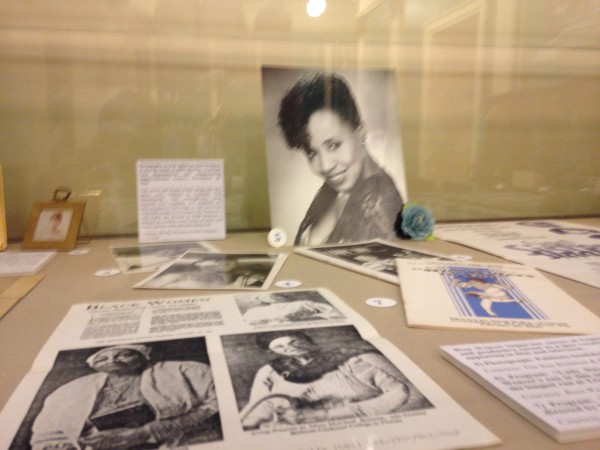

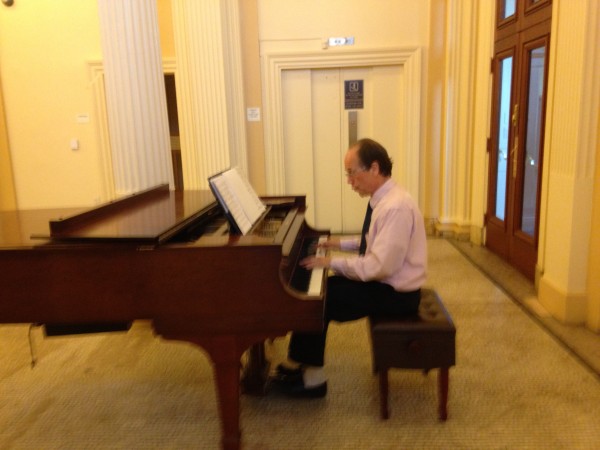

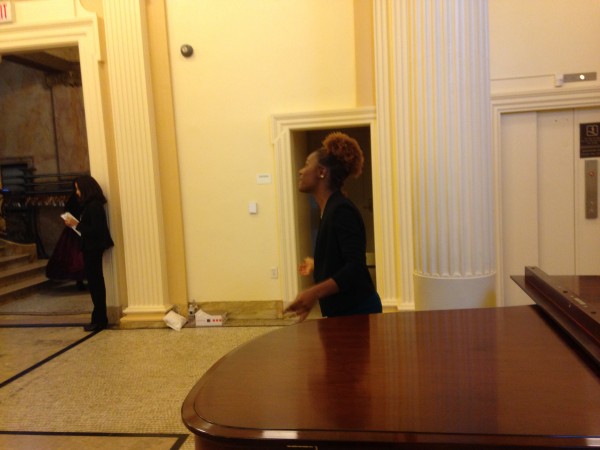
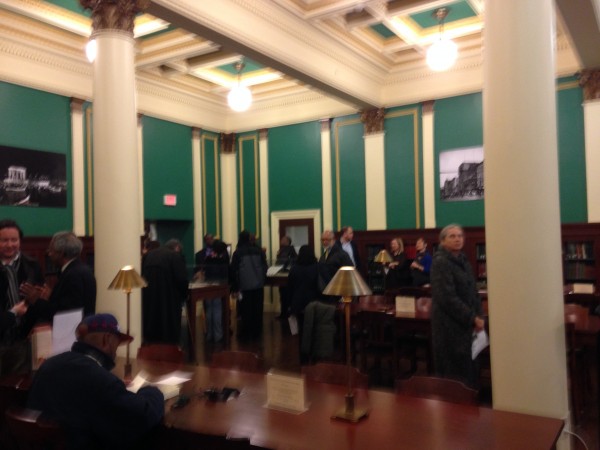
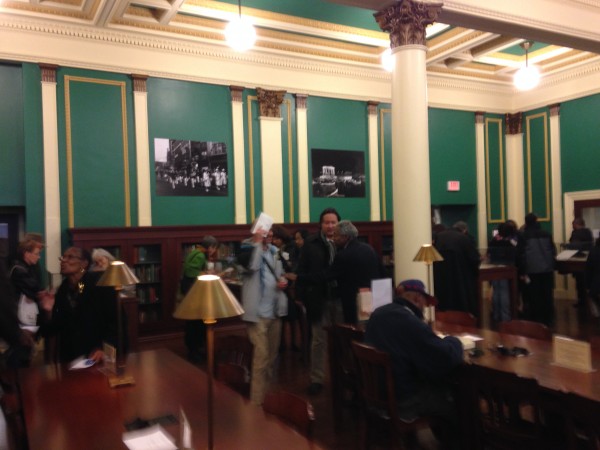
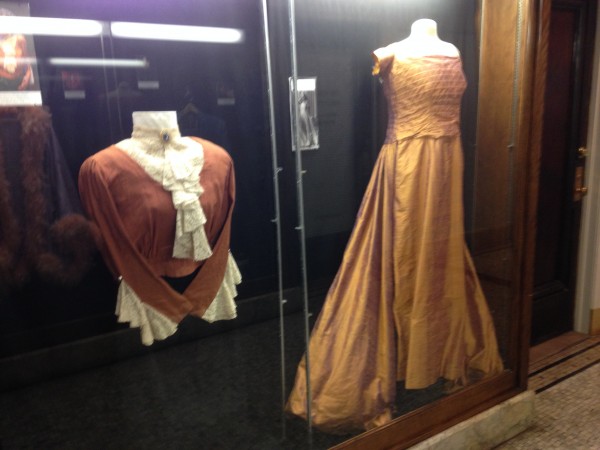

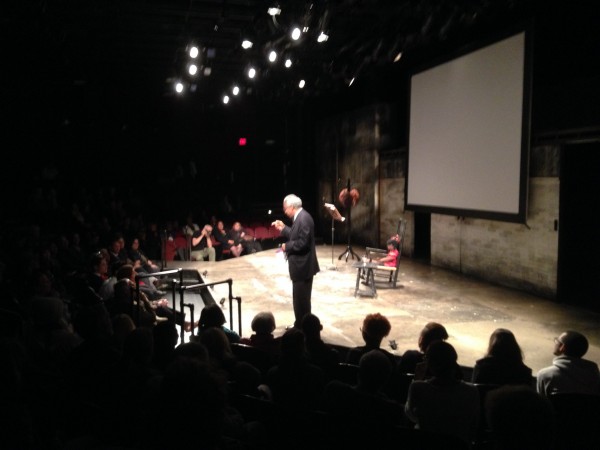
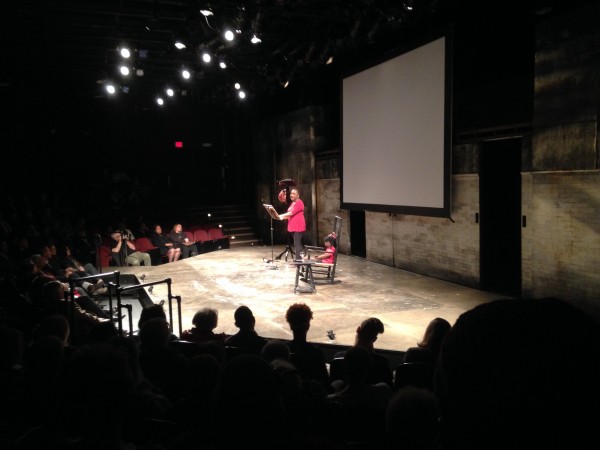
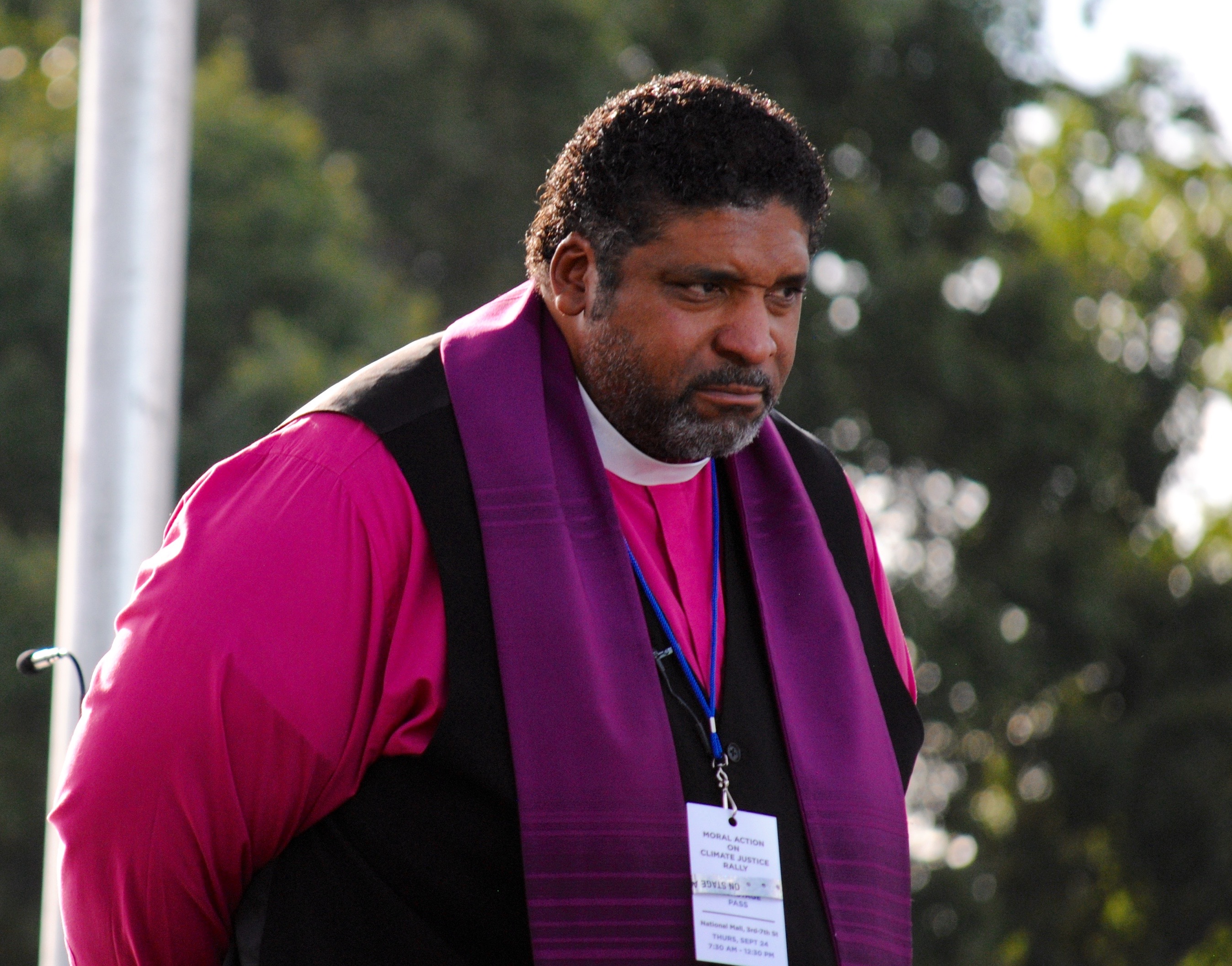
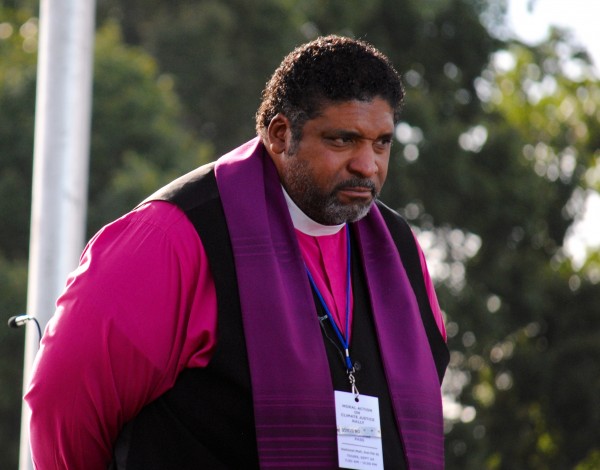
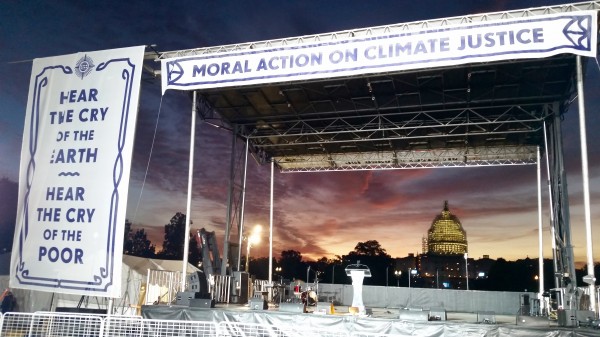 “We gather here today as one human family to raise our moral voices and to welcome Pope Francis and his message that true faith is not a disengagement from the challenges of the world but an embrace of those very challenges,” began Barber.
“We gather here today as one human family to raise our moral voices and to welcome Pope Francis and his message that true faith is not a disengagement from the challenges of the world but an embrace of those very challenges,” began Barber. “In this history of the United States, a moral critique has been always been at the center of any challenge to the structural sins of society—slavery, the denial of women’s rights, the denial of labor rights, the denial of equal protection under the law, the denial of voting rights, and the promulgation of unchecked militarism. We have never overcome any of these evils without a moral critique that challenged their grip on the heart and imagination of our society.
“In this history of the United States, a moral critique has been always been at the center of any challenge to the structural sins of society—slavery, the denial of women’s rights, the denial of labor rights, the denial of equal protection under the law, the denial of voting rights, and the promulgation of unchecked militarism. We have never overcome any of these evils without a moral critique that challenged their grip on the heart and imagination of our society. “We must make a moral demand, shifting the energy supply strategy from coal, oil, natural gas and other fossil fuels to solar, wind, geothermal, and other clean renewable energy sources.
“We must make a moral demand, shifting the energy supply strategy from coal, oil, natural gas and other fossil fuels to solar, wind, geothermal, and other clean renewable energy sources. “We must choose community and care of the earth over chaos and greed.
“We must choose community and care of the earth over chaos and greed.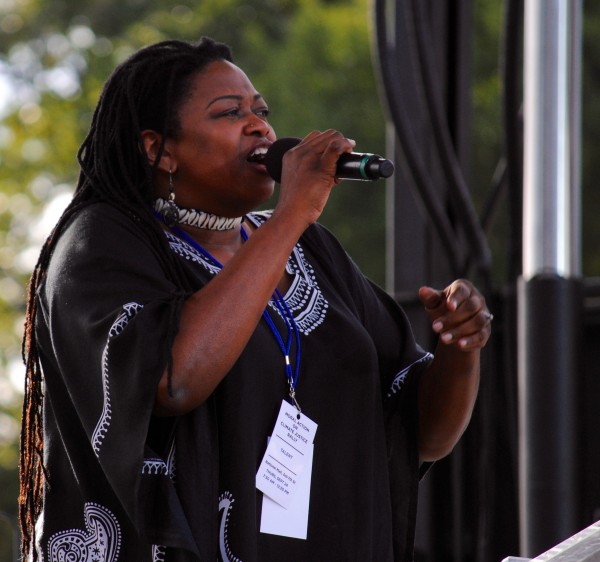 “Four to five percent of U.S. deaths have been found to be attributable to poverty. That is nearly 120,000 people, each of them created in the image of God. Each of their precious lives matters. Their death is the scandal the Pope is exposing.
“Four to five percent of U.S. deaths have been found to be attributable to poverty. That is nearly 120,000 people, each of them created in the image of God. Each of their precious lives matters. Their death is the scandal the Pope is exposing.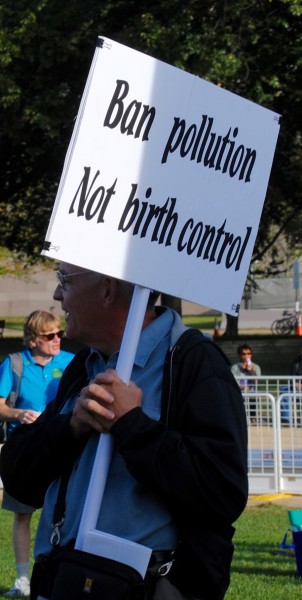 “This is the scandal a moral critique must expose: the poor are destroyed, society is destabilized, and our shared humanity is terribly diminished.
“This is the scandal a moral critique must expose: the poor are destroyed, society is destabilized, and our shared humanity is terribly diminished. “To our ears, the Pope’s message resonates with the ancient Jewish text that says, ‘Woe to those who legislate evil and rob the poor of their rights.’ This Pope sounds a lot like Jesus, who said in the Gospel of Matthew that love, mercy, and justice ate the weightier matters of the law.
“To our ears, the Pope’s message resonates with the ancient Jewish text that says, ‘Woe to those who legislate evil and rob the poor of their rights.’ This Pope sounds a lot like Jesus, who said in the Gospel of Matthew that love, mercy, and justice ate the weightier matters of the law.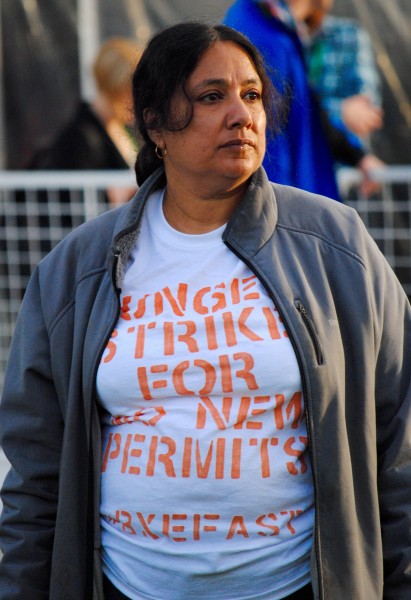 “This deafness to the Pontiff’s purpose suggests that Jesus himself would not be welcomed by them in America. Their complaints reveal the serious moral crisis we find ourselves in.
“This deafness to the Pontiff’s purpose suggests that Jesus himself would not be welcomed by them in America. Their complaints reveal the serious moral crisis we find ourselves in.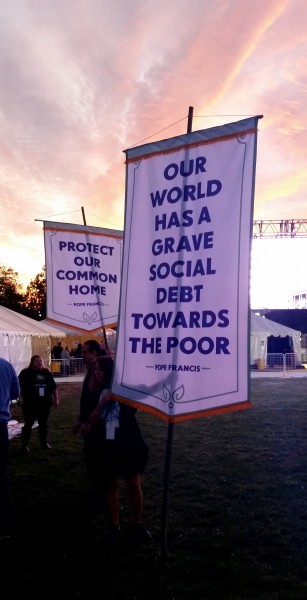 “And so, to those who complain that the Pontiff is engaging in politics, we say, prophetic voices must rise up and challenge immorality in every age. It’s our time now. So let us join the Holy Father not in the politics of Democrat and Republican but in God’s politics of love and justice.
“And so, to those who complain that the Pontiff is engaging in politics, we say, prophetic voices must rise up and challenge immorality in every age. It’s our time now. So let us join the Holy Father not in the politics of Democrat and Republican but in God’s politics of love and justice.
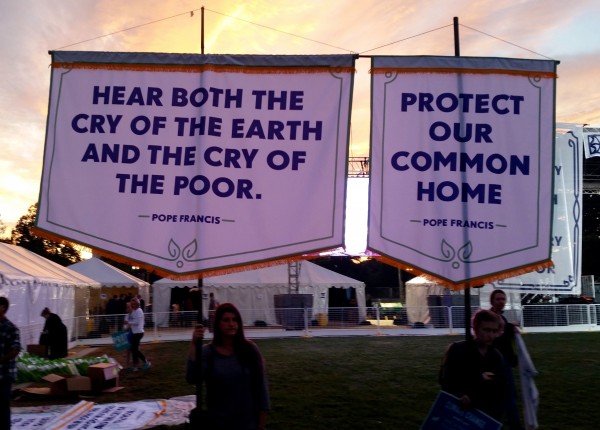
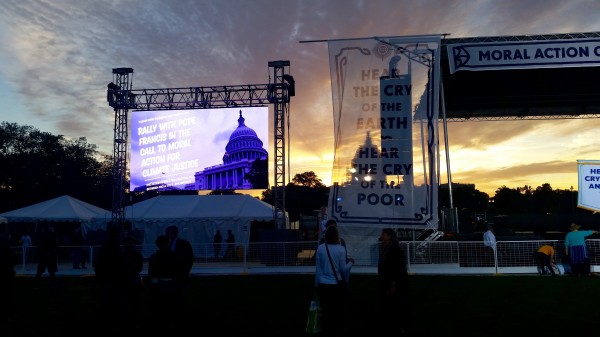

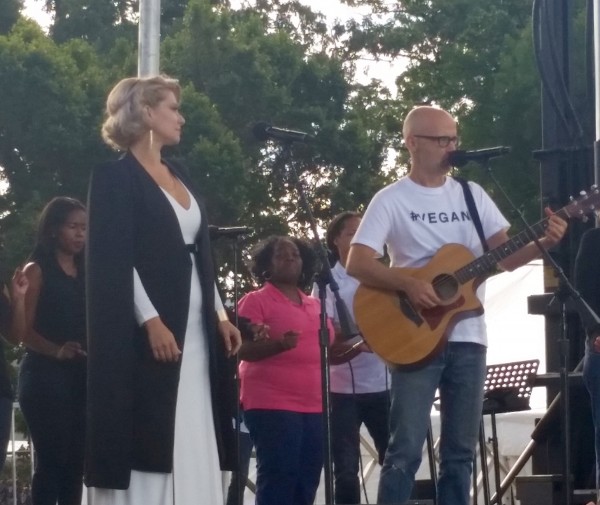
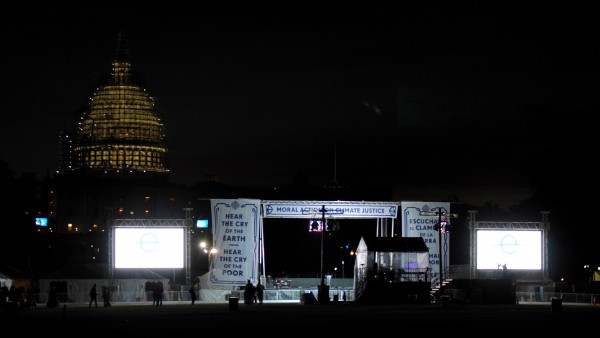
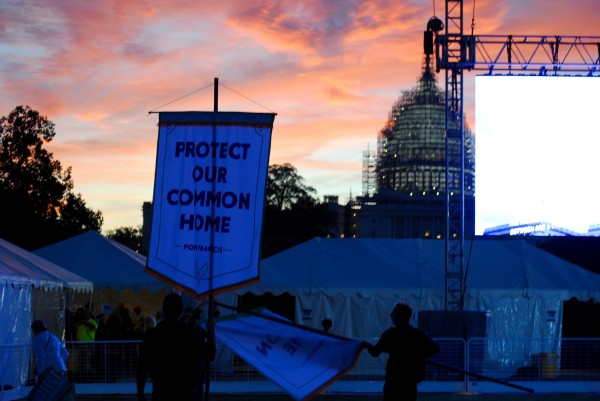



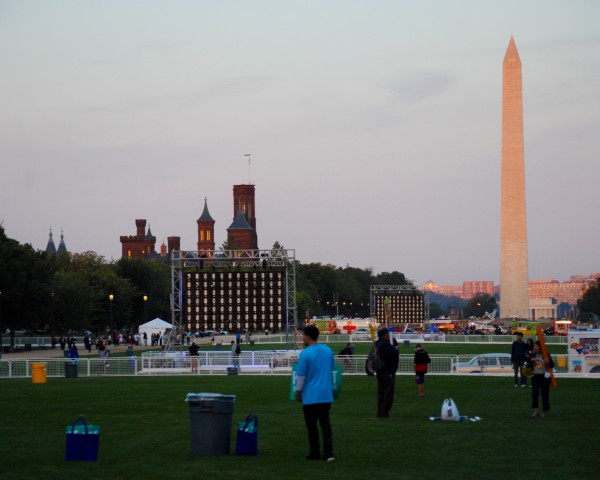
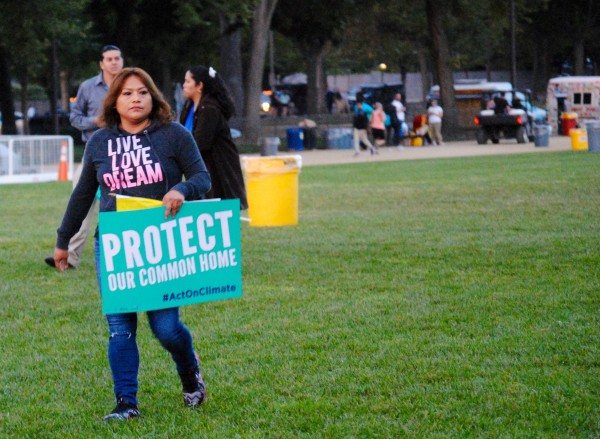
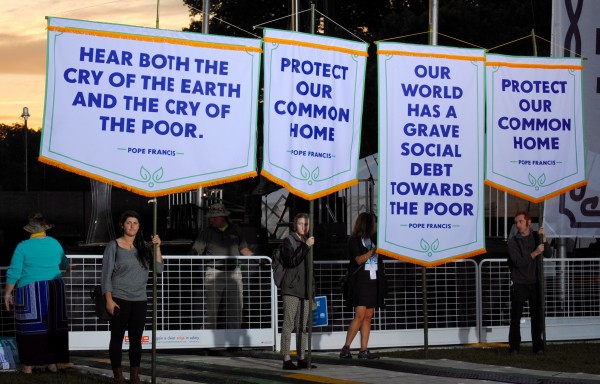
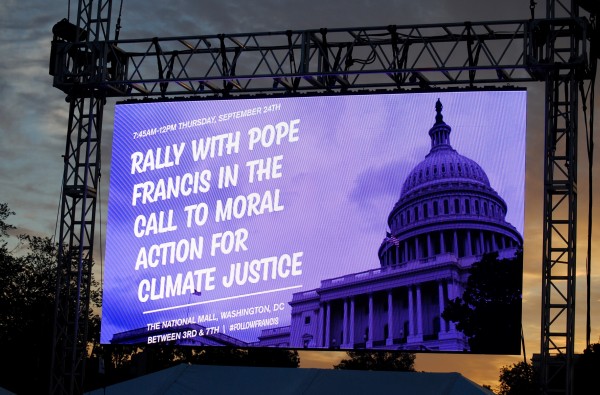

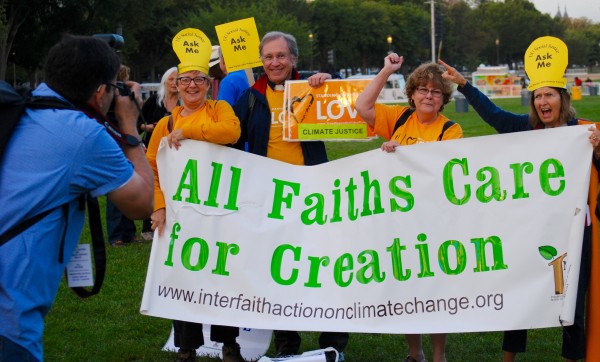
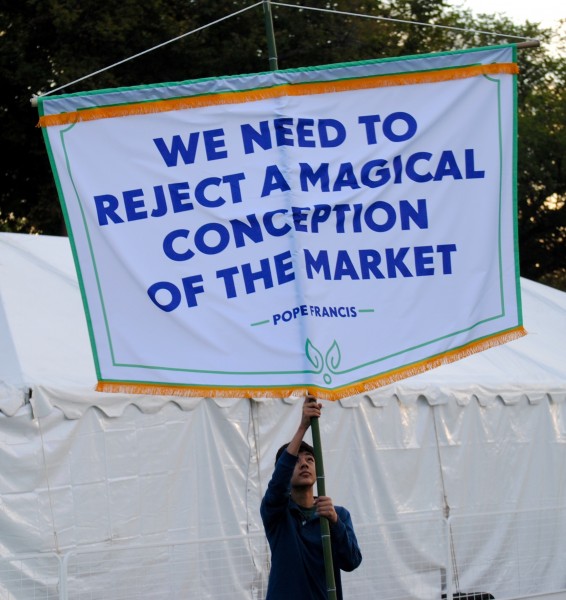

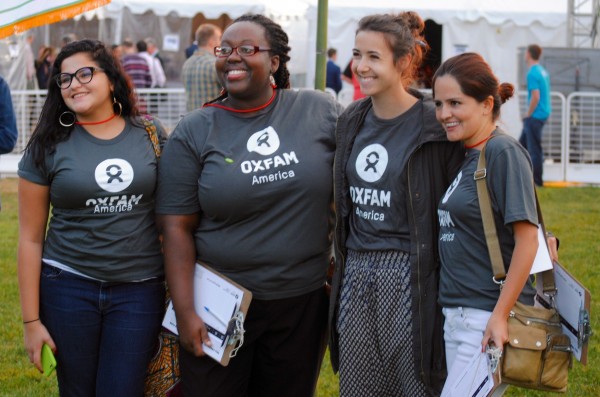




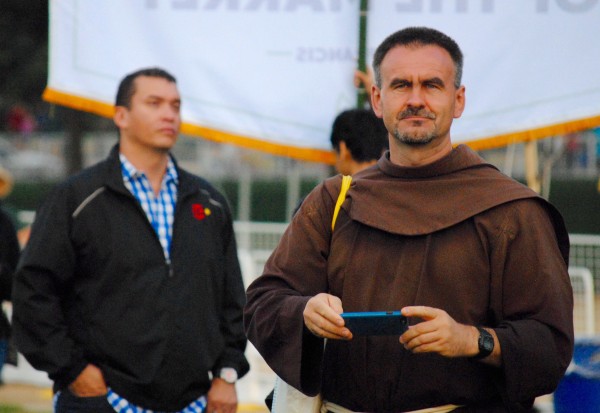



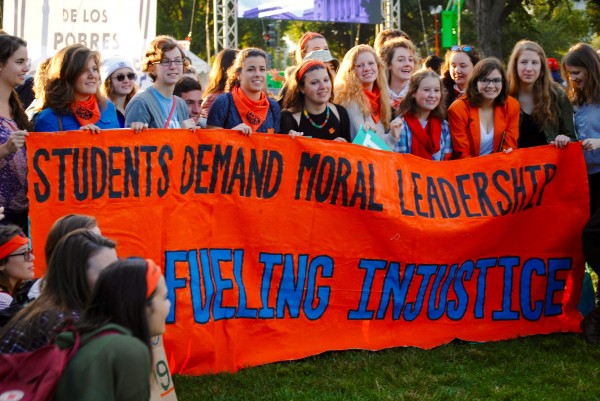
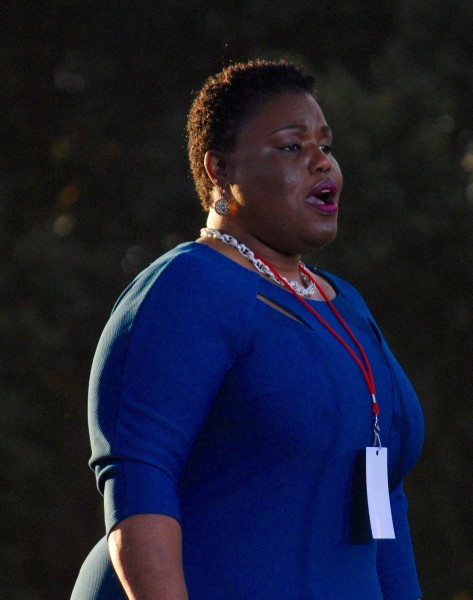
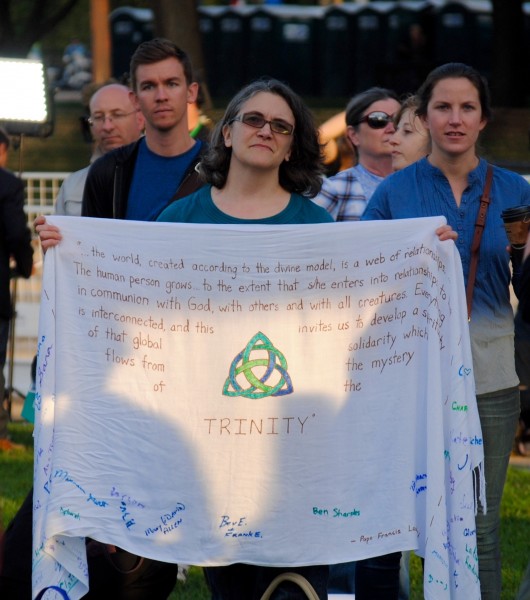
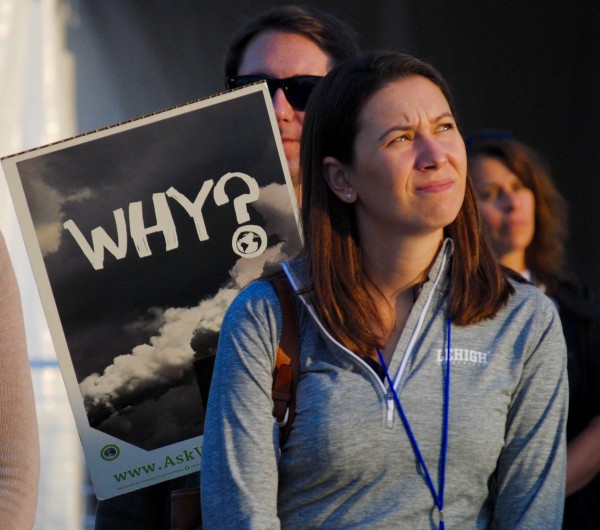
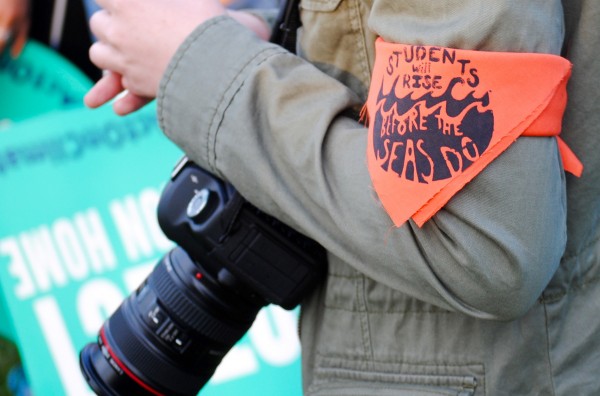

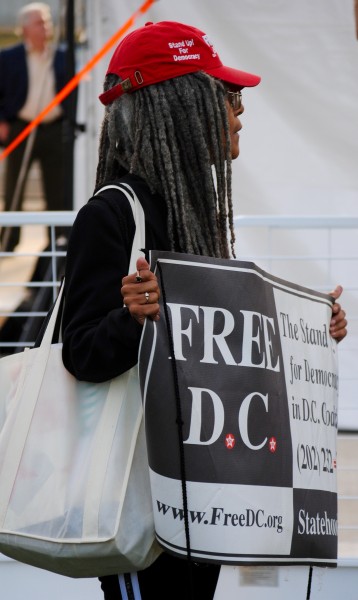



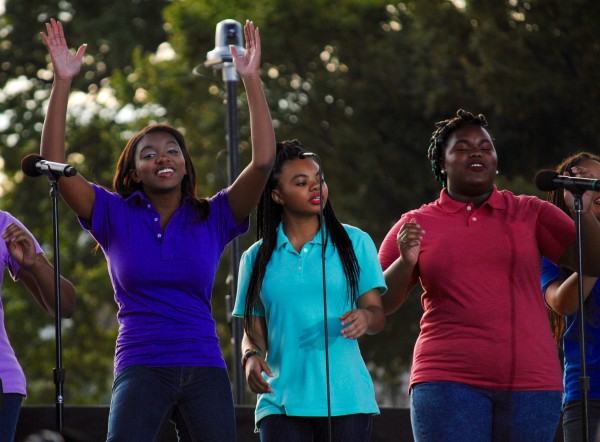
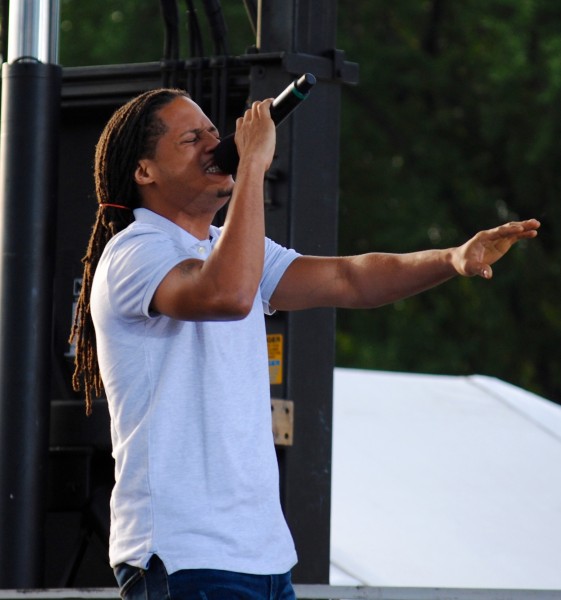


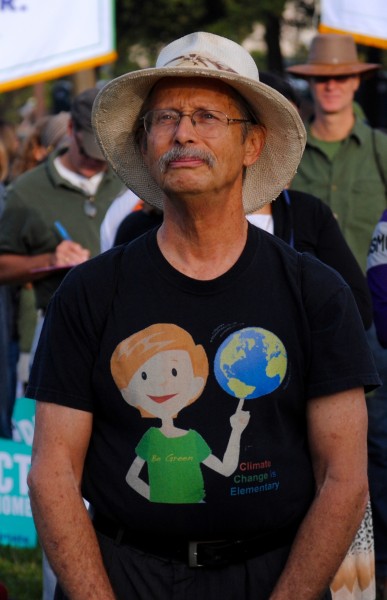

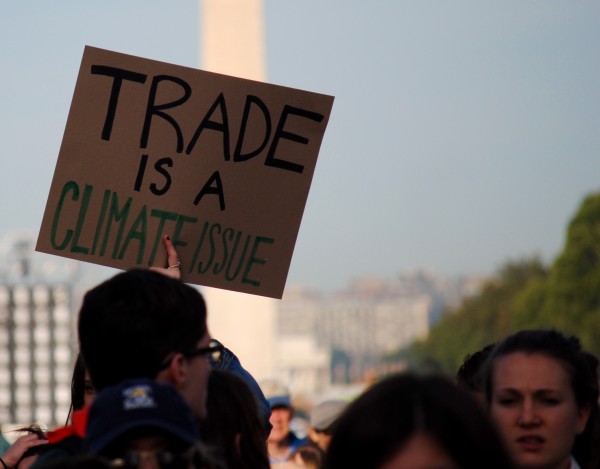
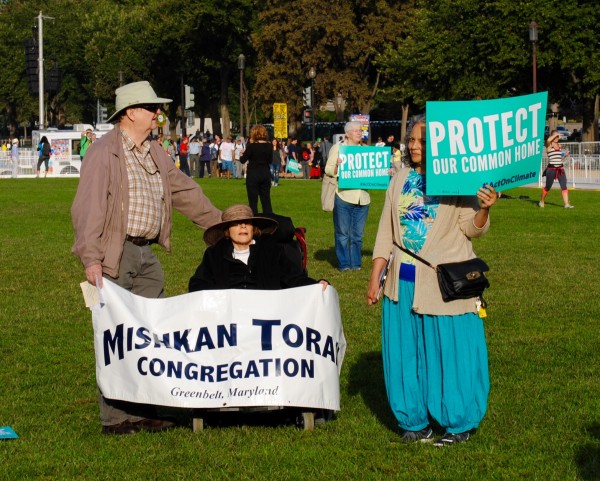
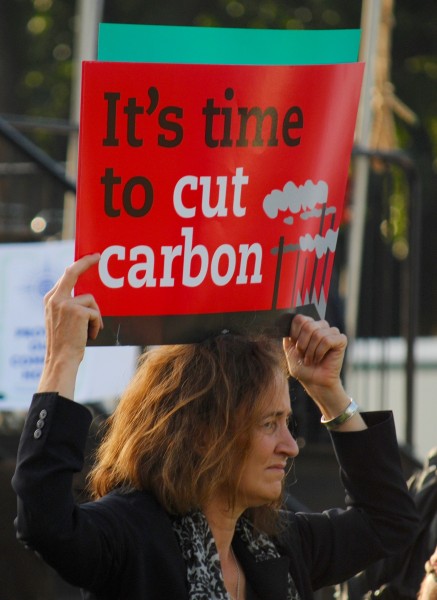

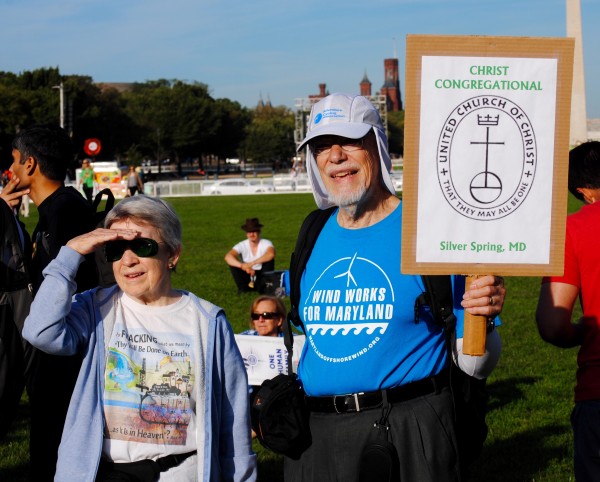

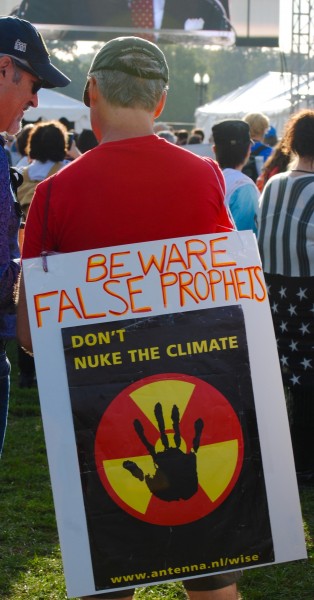

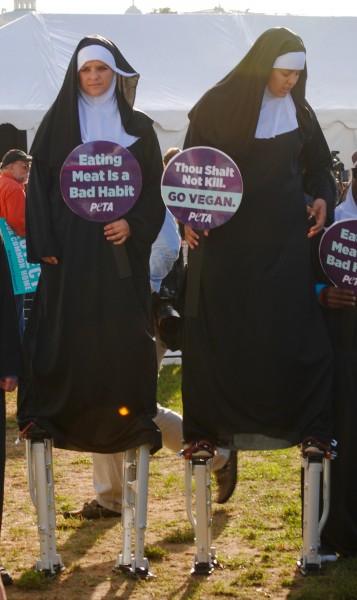


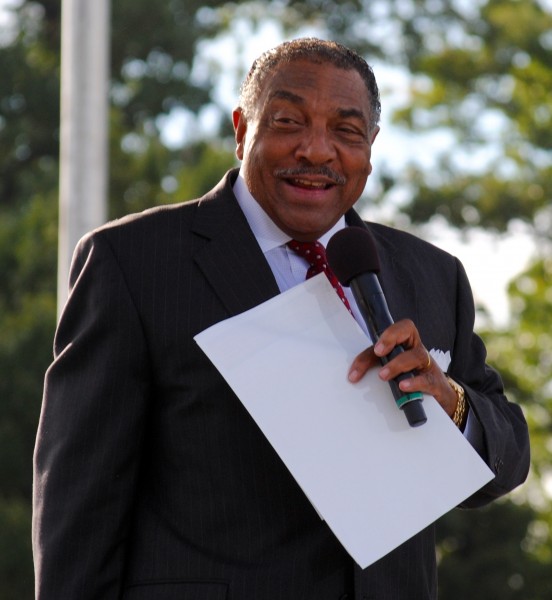

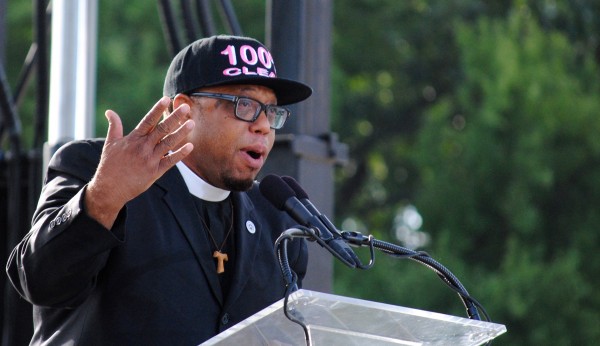
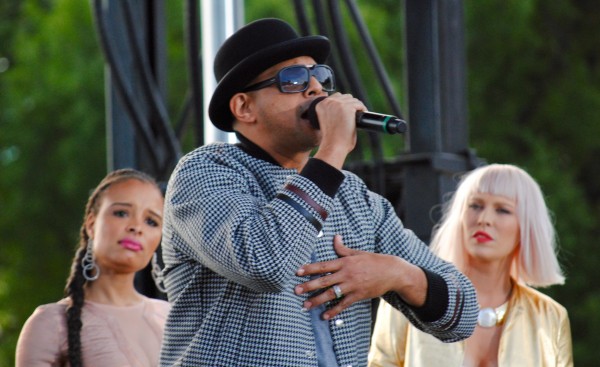








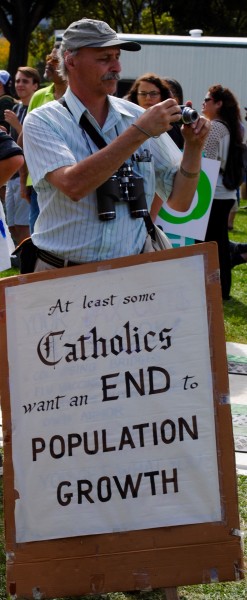
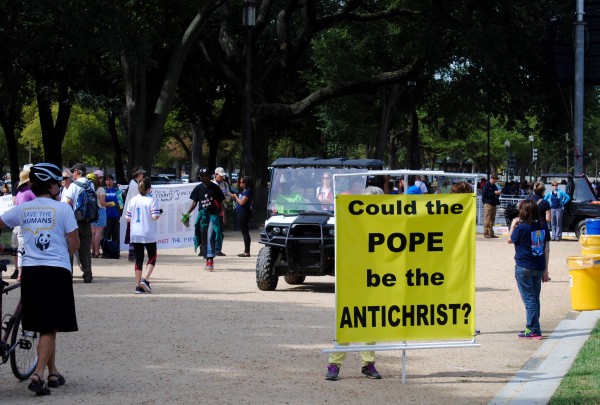
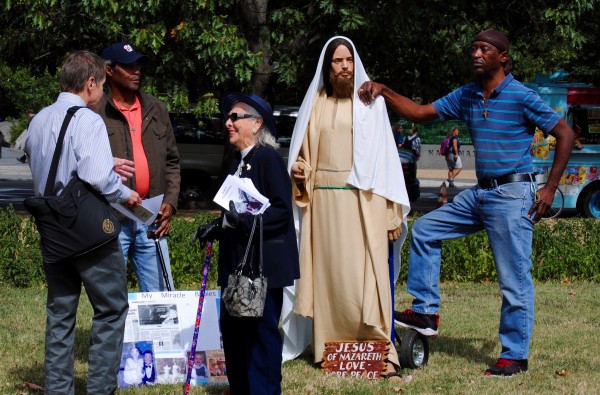
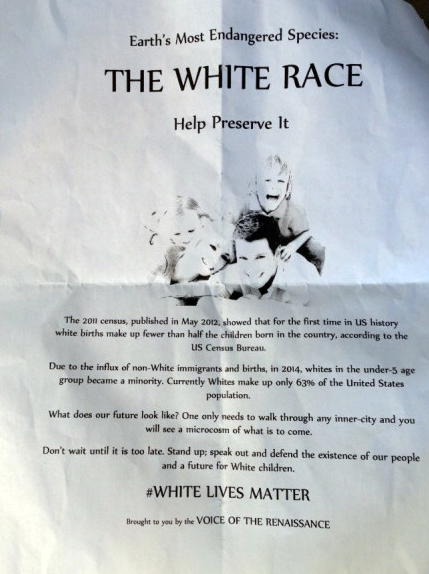
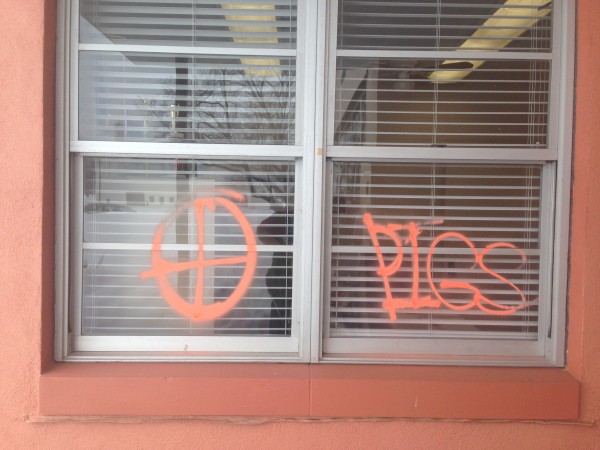

 Participants and observers of the AIDS Walk RI opening ceremonies were given a treat when Ronald Lewis, activist poet and actor, spoke about the forgotten transgender, women of color origins of the
Participants and observers of the AIDS Walk RI opening ceremonies were given a treat when Ronald Lewis, activist poet and actor, spoke about the forgotten transgender, women of color origins of the 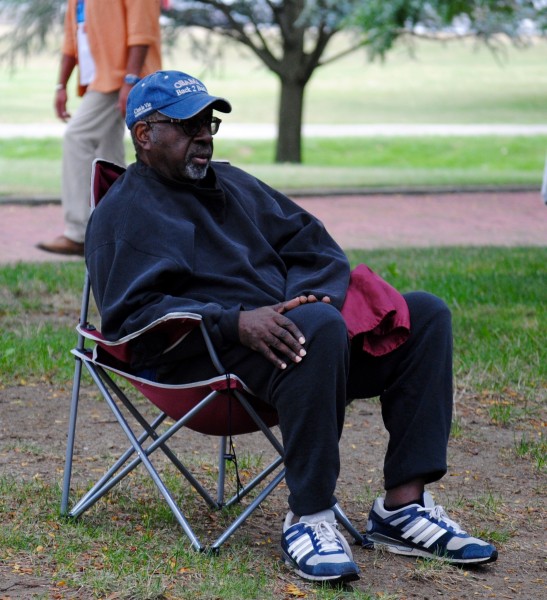 This year’s theme for AIDS Walk RI was “Keeping Hope Alive” and despite the reality of nearly 100 new cases of HIV being diagnosed in our state every year, there is hope that one day HIV will be eradicated. Dr. Philip Chan, MD, from the Miriam Hospital’s Immunology Center said that giving a positive HIV diagnosis to a patient is the worst part of his job. He talked about the virtues of a new drug, PrEP, a pre-exposure prophylaxis that prevents the transmission of HIV.
This year’s theme for AIDS Walk RI was “Keeping Hope Alive” and despite the reality of nearly 100 new cases of HIV being diagnosed in our state every year, there is hope that one day HIV will be eradicated. Dr. Philip Chan, MD, from the Miriam Hospital’s Immunology Center said that giving a positive HIV diagnosis to a patient is the worst part of his job. He talked about the virtues of a new drug, PrEP, a pre-exposure prophylaxis that prevents the transmission of HIV. Dr. Nicole Alexander-Scott, MD, MPH spoke of three foci at the RI Department of Health, where she is the director. “We want to continue to enhance partner services, making sure that people know how to stop their partners from getting infected by raising awareness. getting tested and letting them know about PEP ad PREP. We also want to highlight our ‘men who have sex with men communities’ that are disproportionately affected by HIV and syphilis and some of the other STDs… our third priority is also highlighting our youth and our communities of color, where there are higher rates of STDs as well as HIV.”
Dr. Nicole Alexander-Scott, MD, MPH spoke of three foci at the RI Department of Health, where she is the director. “We want to continue to enhance partner services, making sure that people know how to stop their partners from getting infected by raising awareness. getting tested and letting them know about PEP ad PREP. We also want to highlight our ‘men who have sex with men communities’ that are disproportionately affected by HIV and syphilis and some of the other STDs… our third priority is also highlighting our youth and our communities of color, where there are higher rates of STDs as well as HIV.”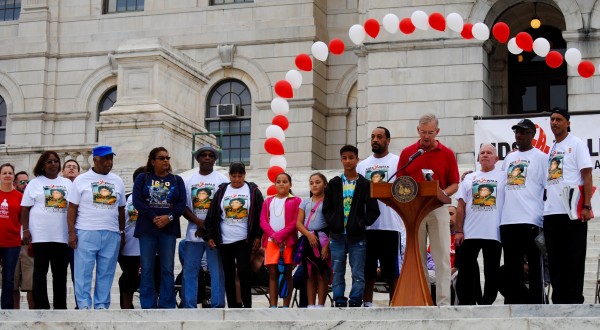 Members of Hope Harris‘ family gathered on stage to present the “Hope Harris Award.” Harris was a member of the AIDS Project RI board for the last part of her life. She was also a longtime receptionist for the late Senator John Chafee and also served in Senator Lincoln Chafee‘s office. She was known as a kind and deeply religious person who recognized the value of person, without regard to race, orientation or gender identity.
Members of Hope Harris‘ family gathered on stage to present the “Hope Harris Award.” Harris was a member of the AIDS Project RI board for the last part of her life. She was also a longtime receptionist for the late Senator John Chafee and also served in Senator Lincoln Chafee‘s office. She was known as a kind and deeply religious person who recognized the value of person, without regard to race, orientation or gender identity.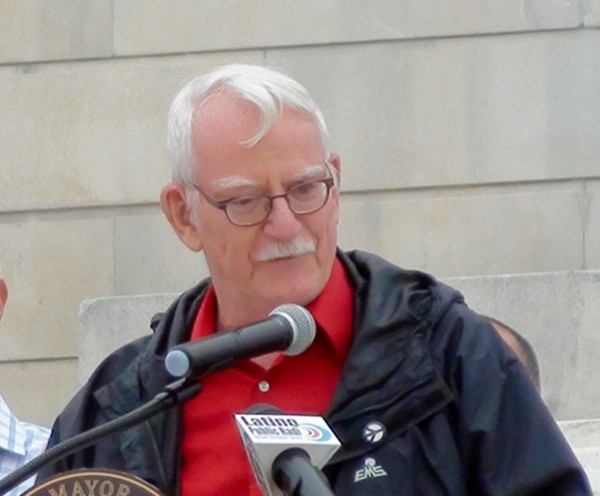
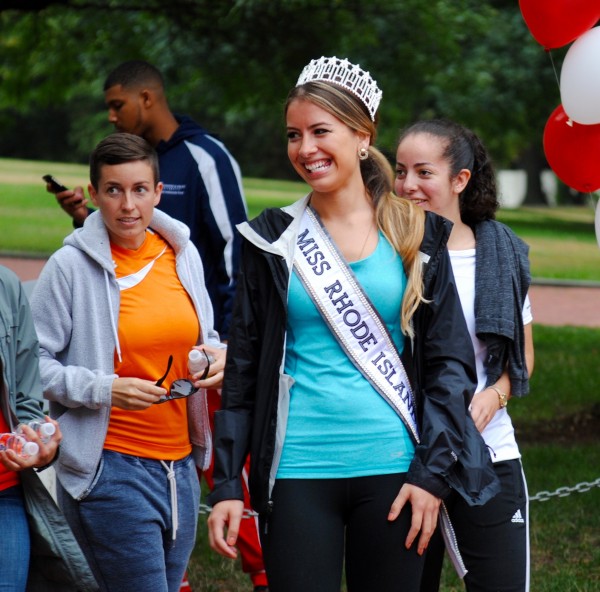
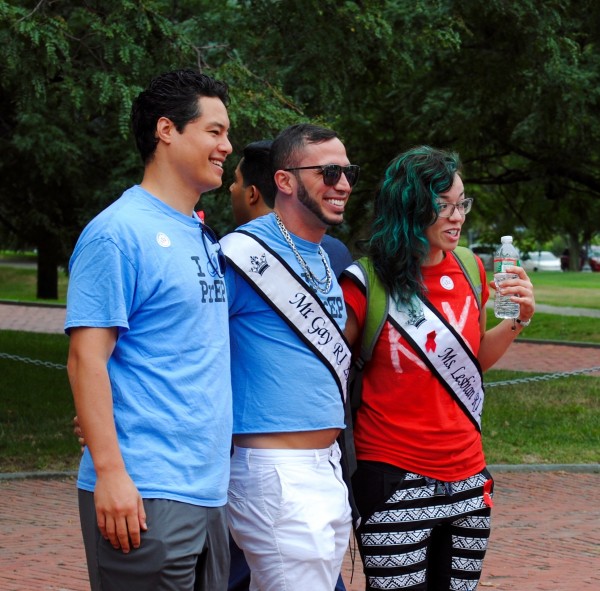
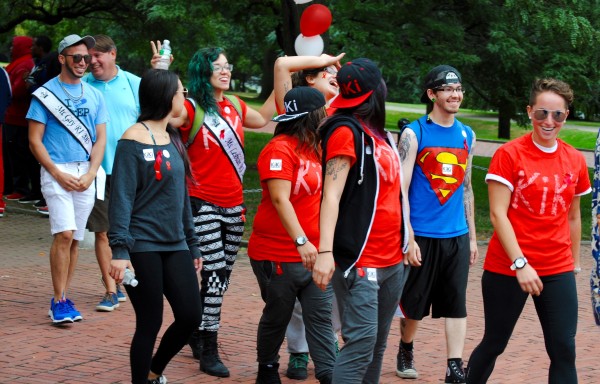
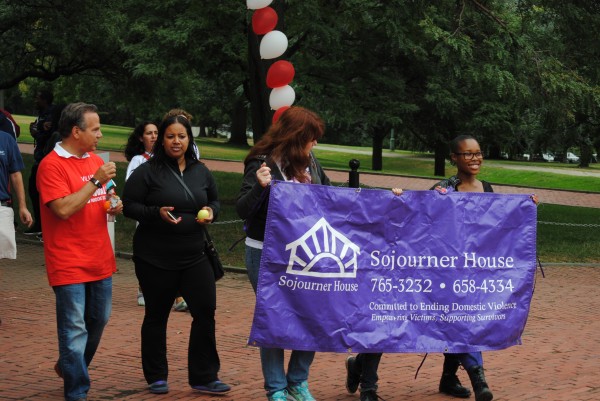

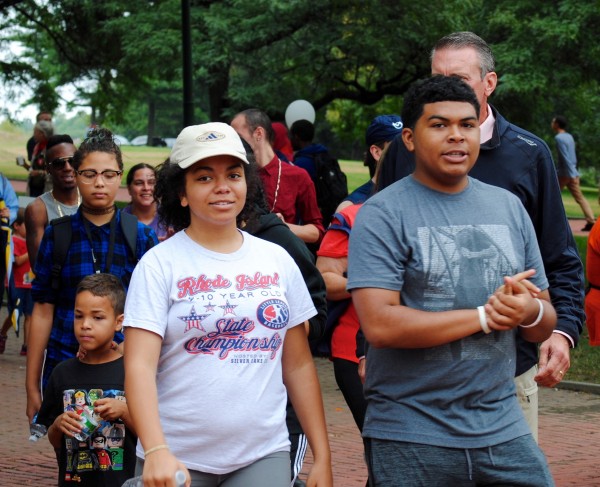
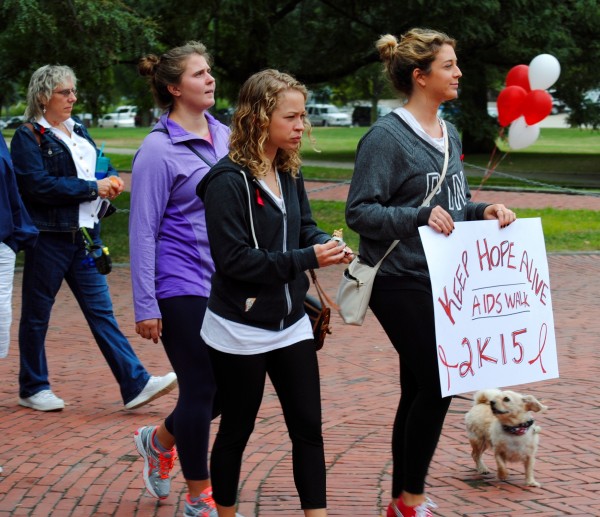

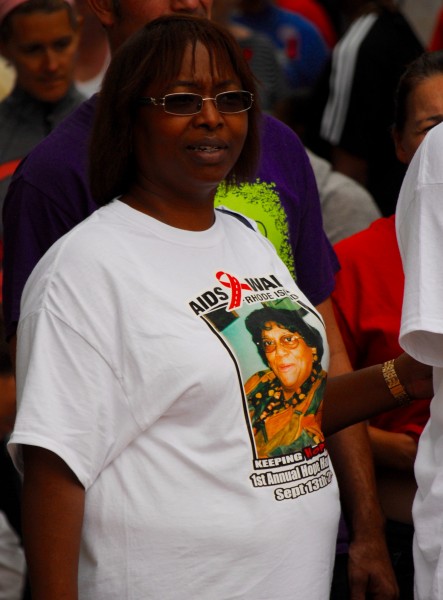


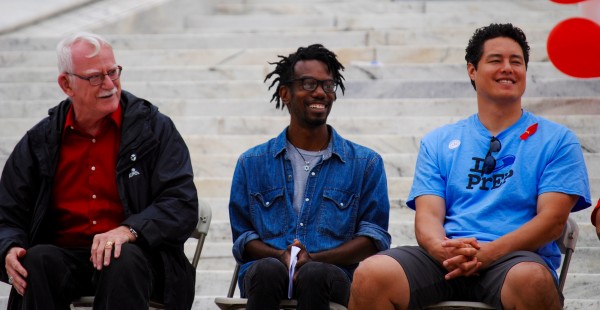
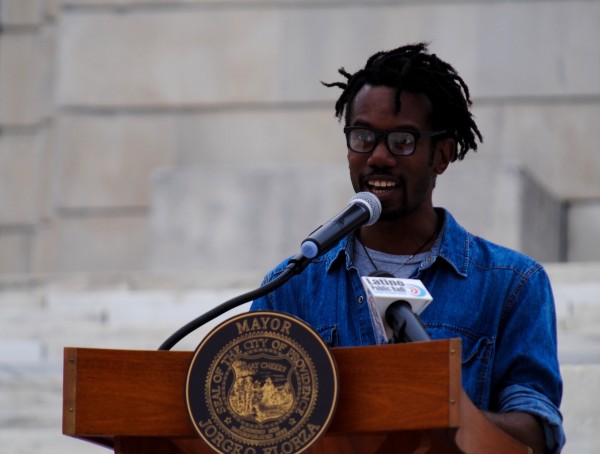
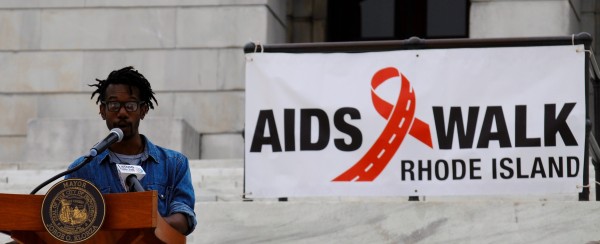
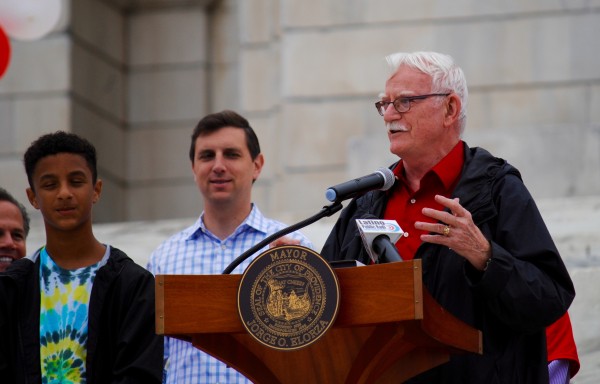
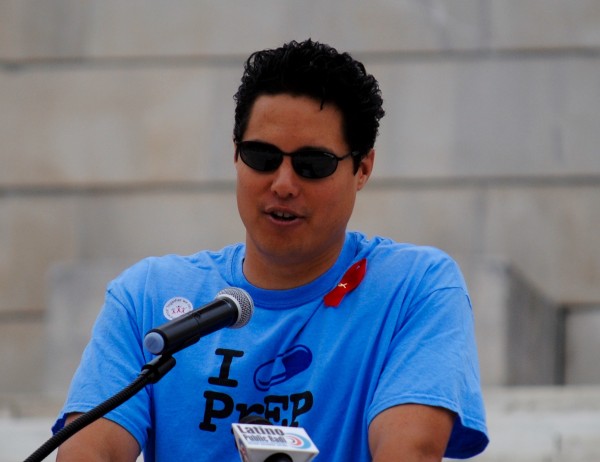
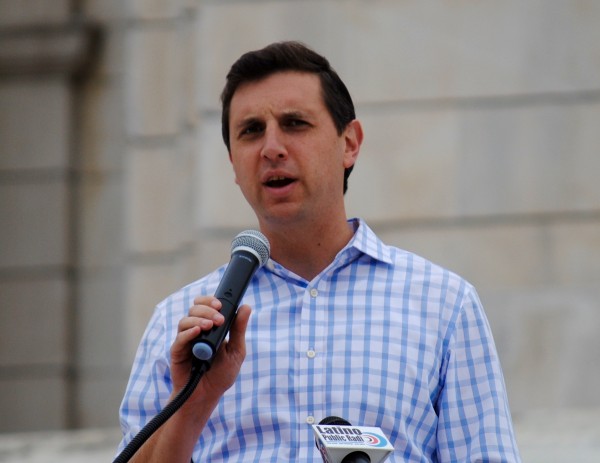
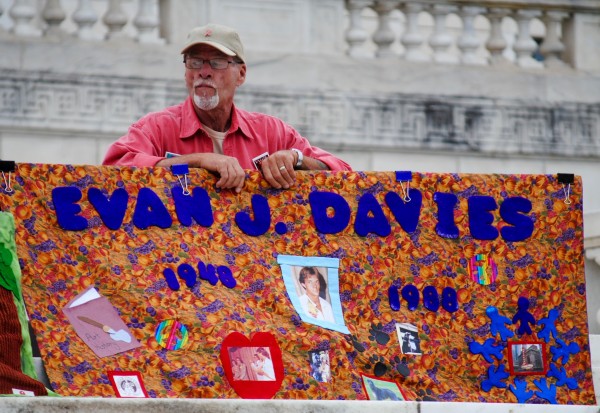
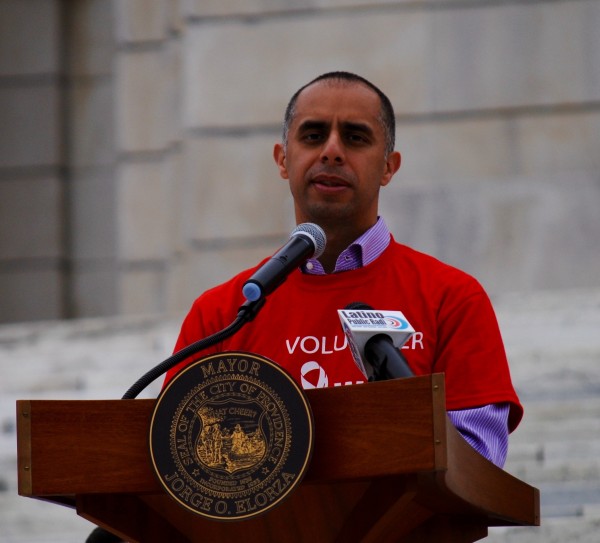
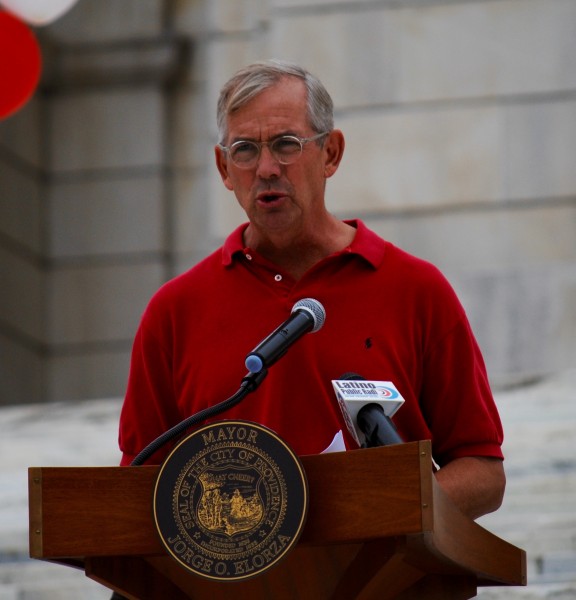
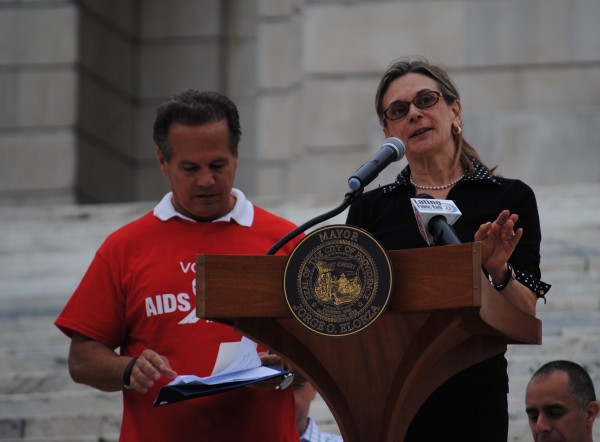

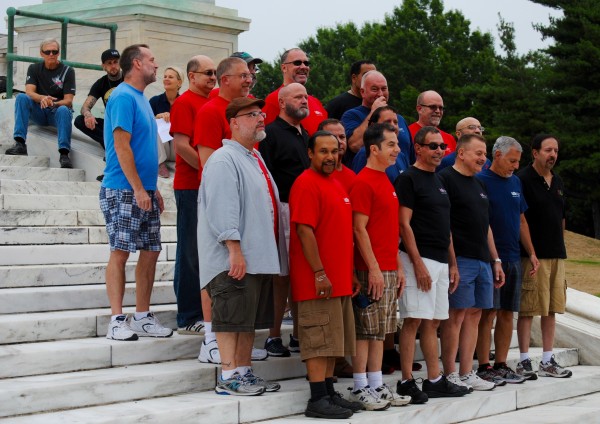
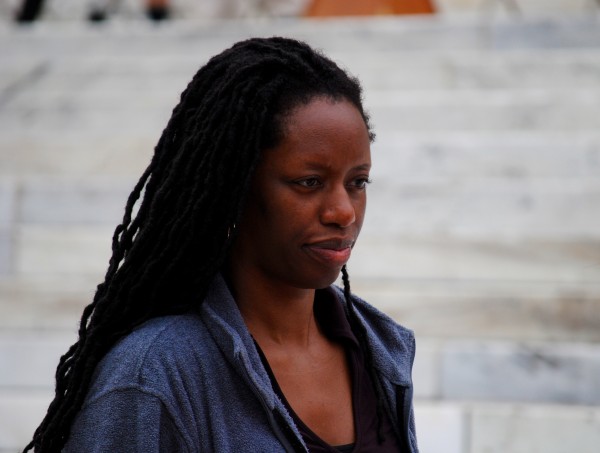

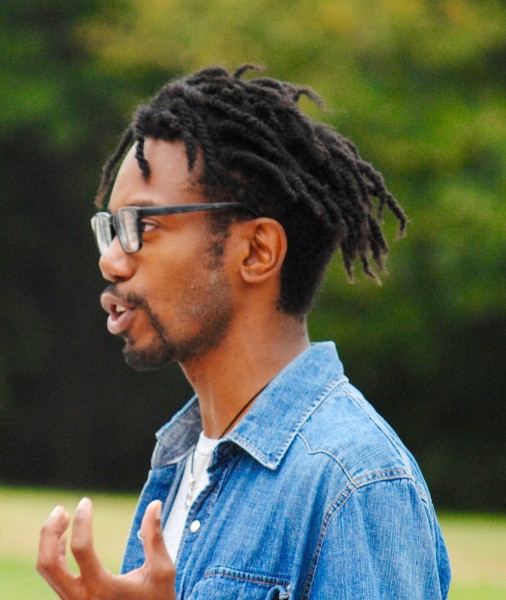
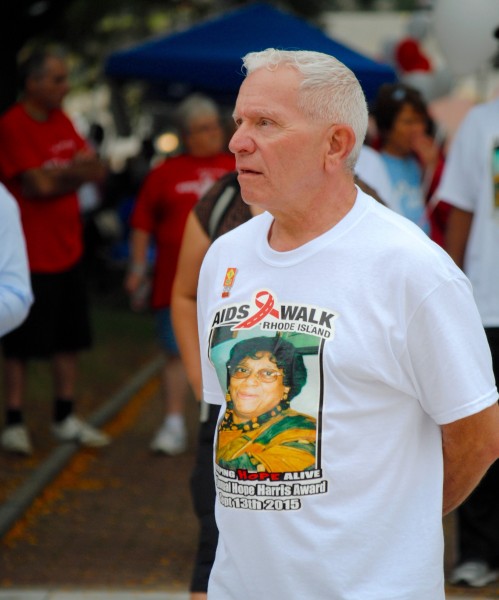

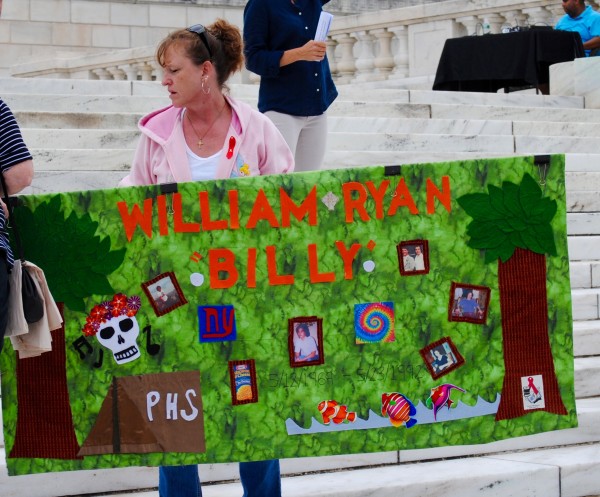
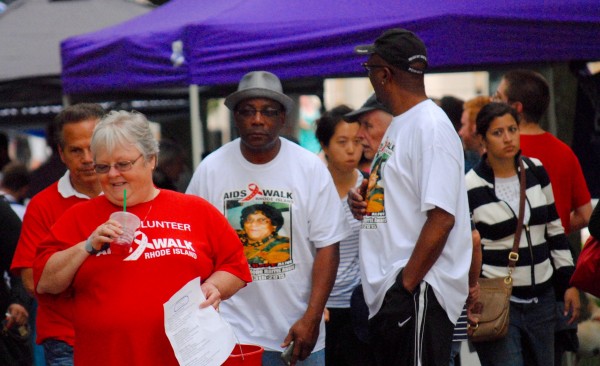

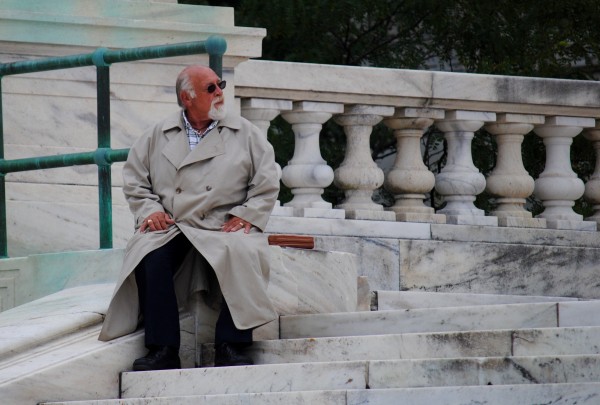

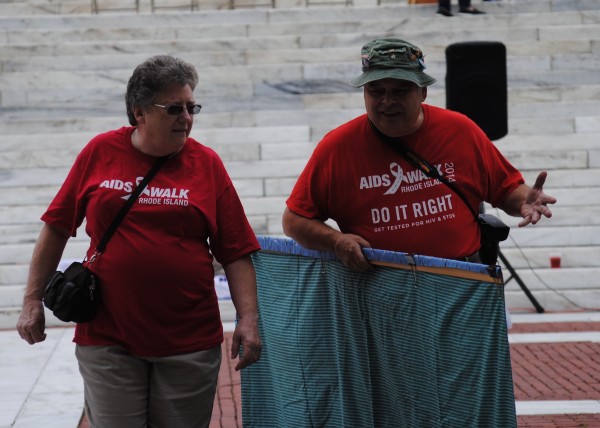
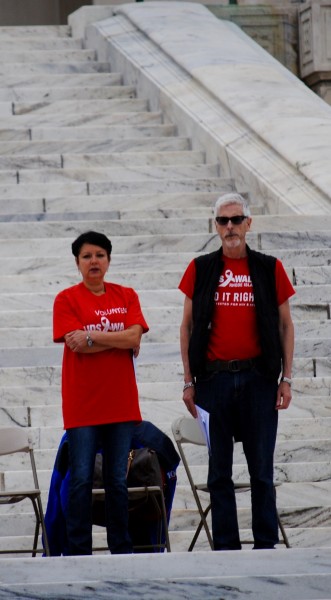
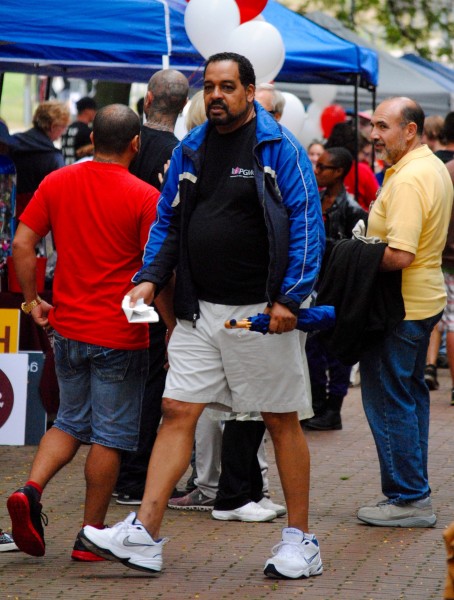

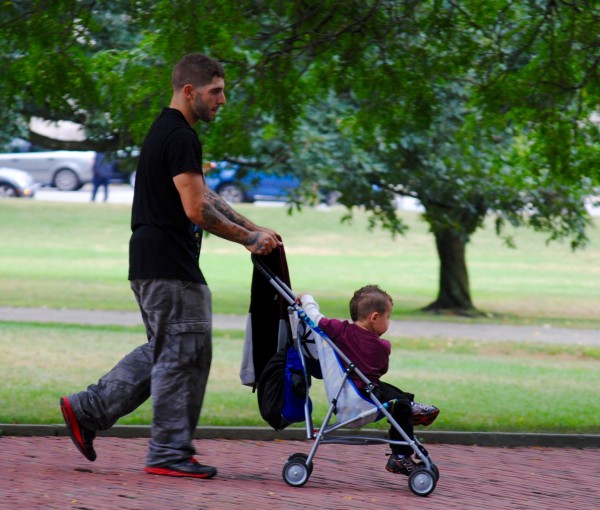


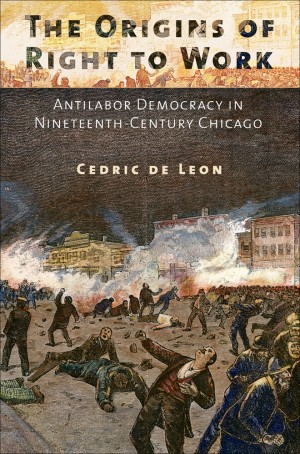
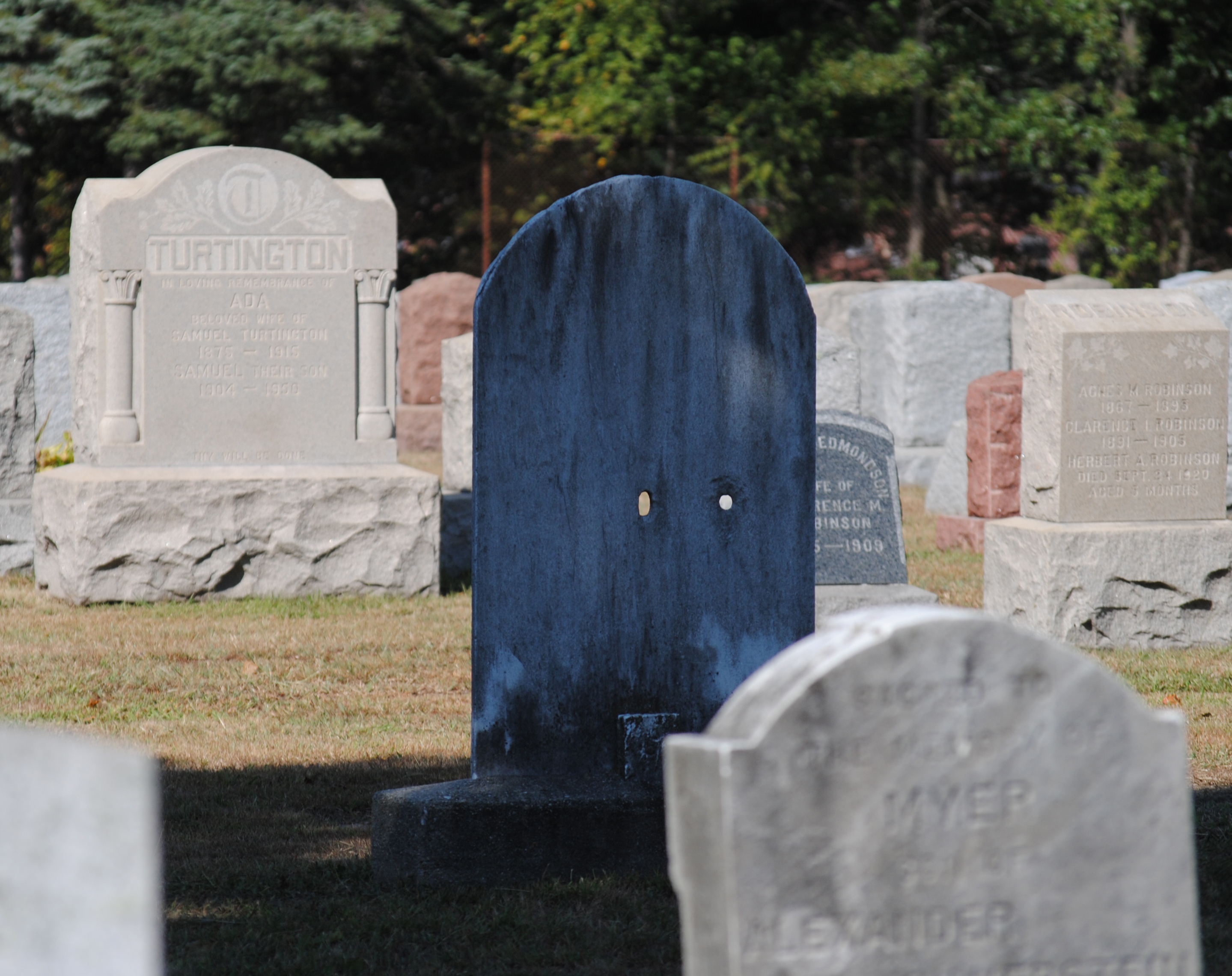

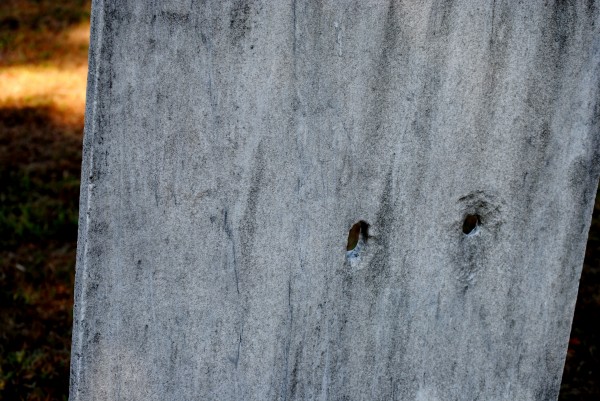

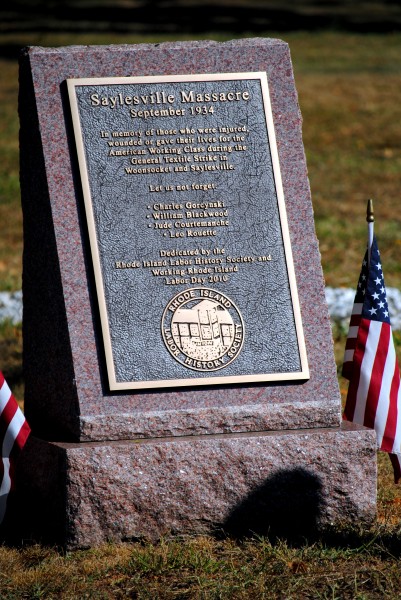

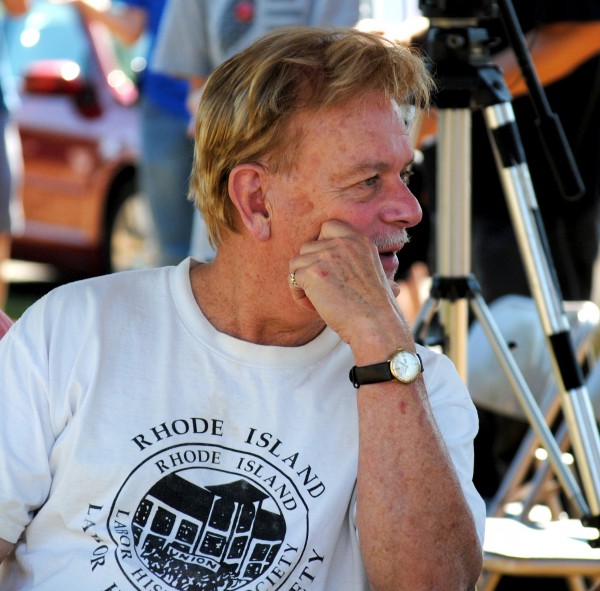
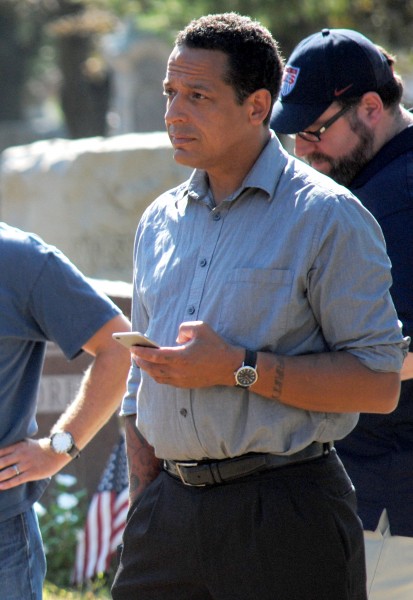
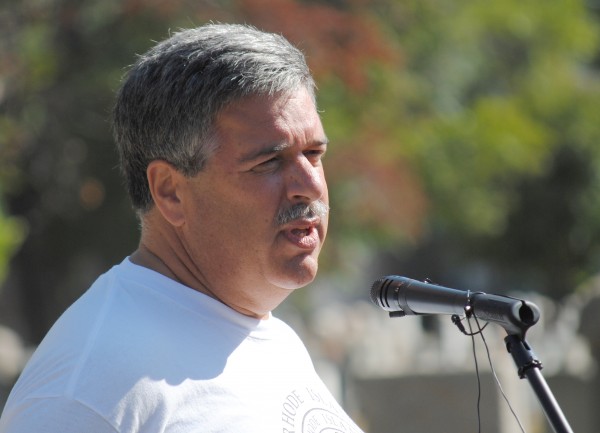
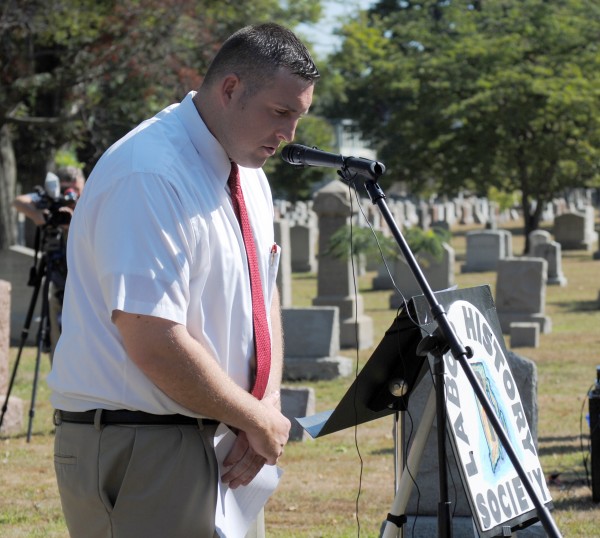
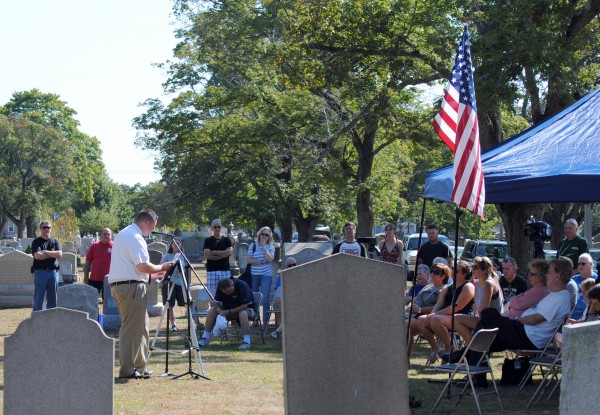
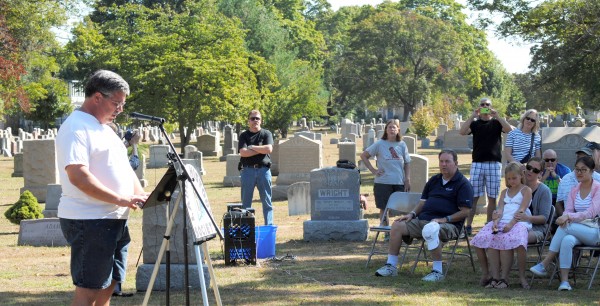

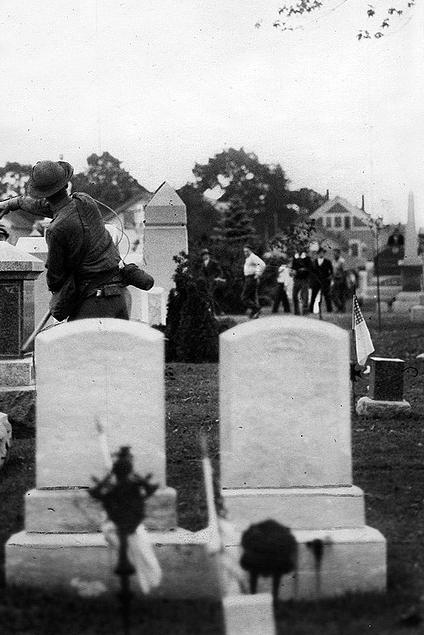


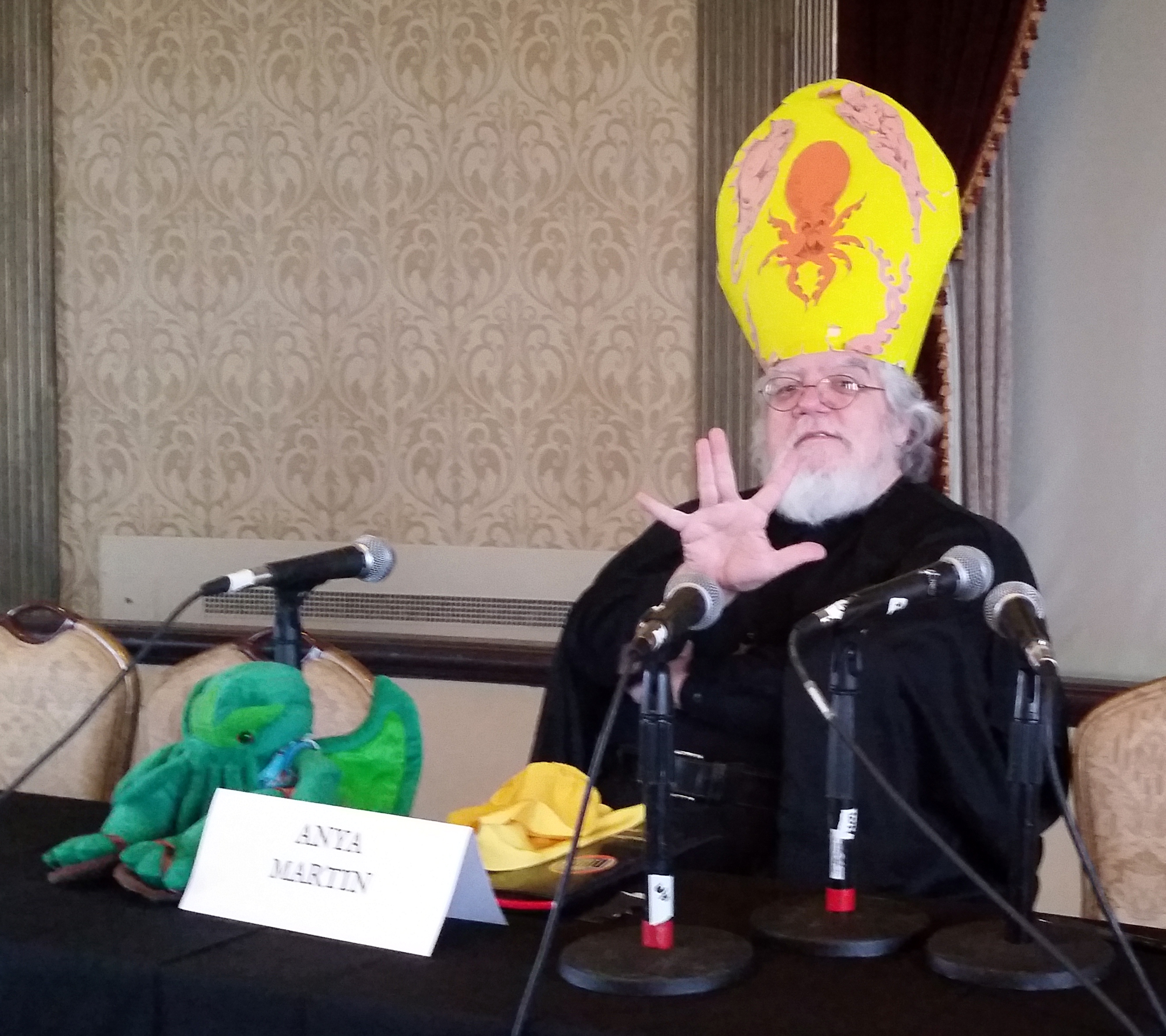
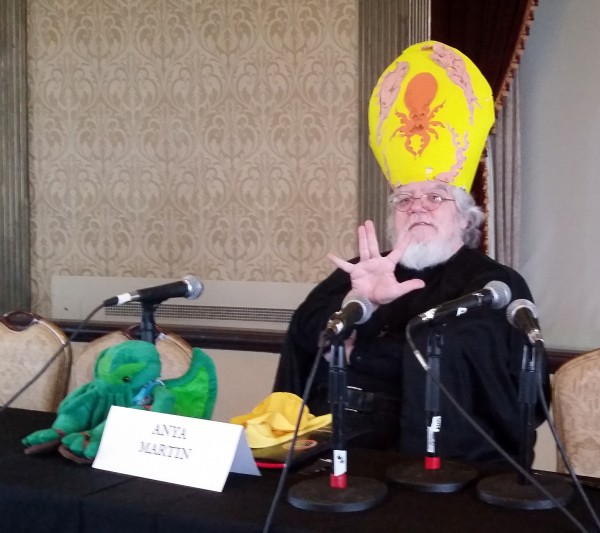

 The
The 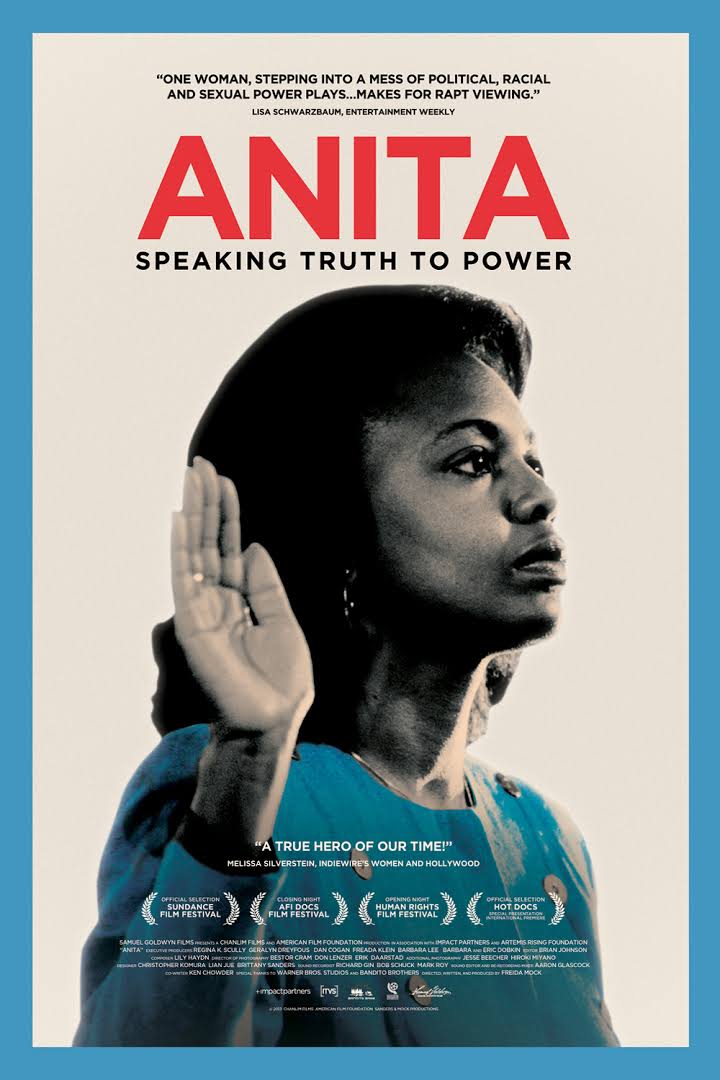
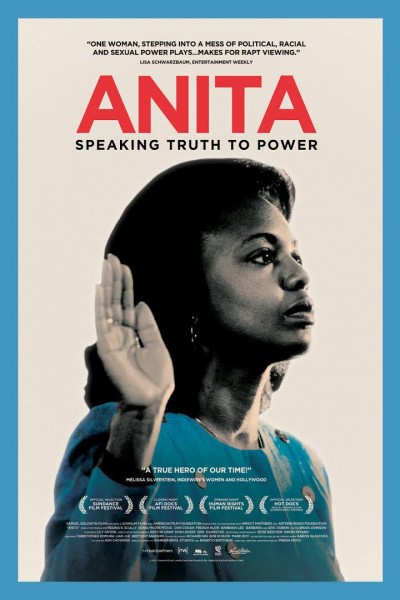
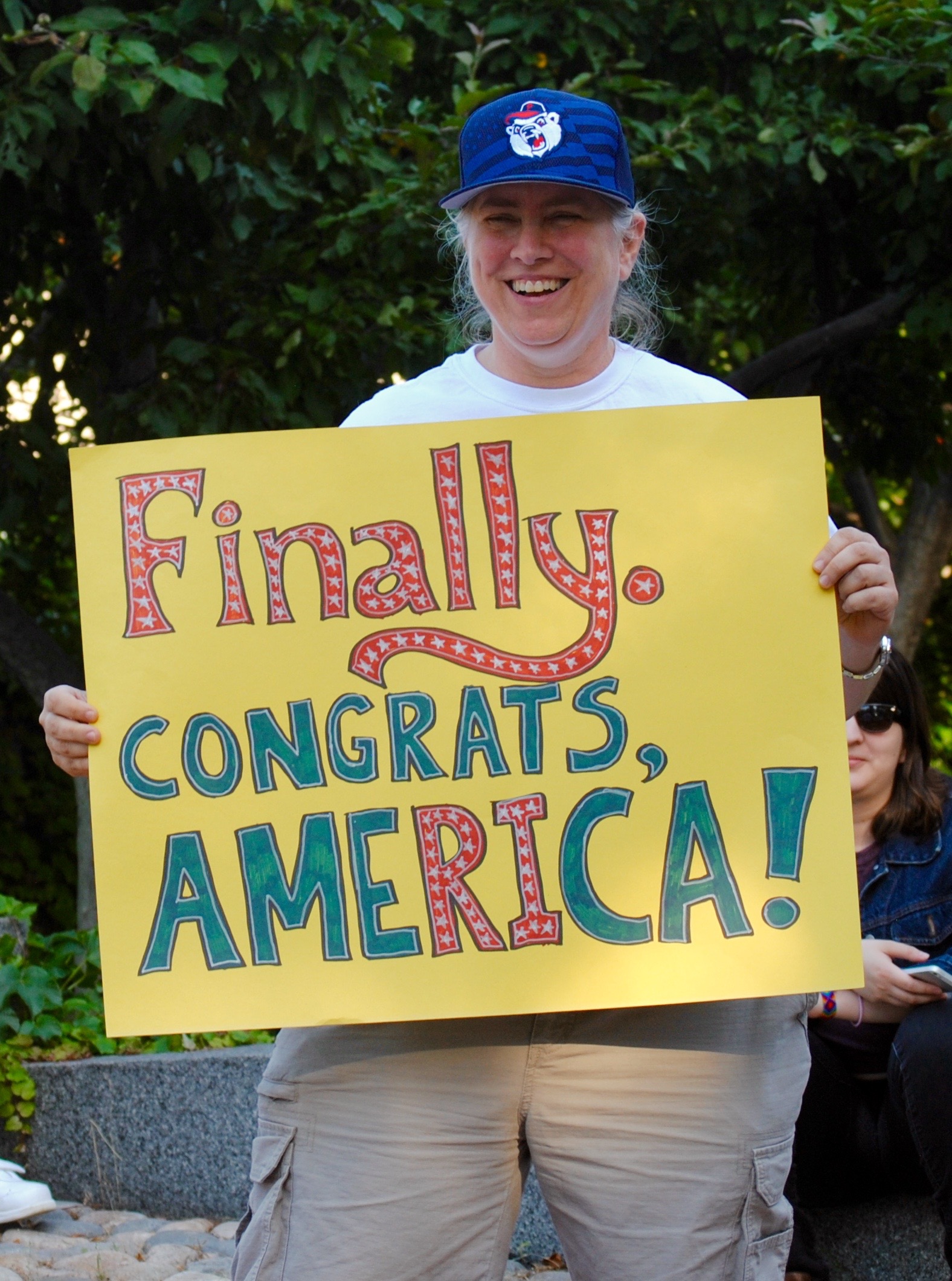
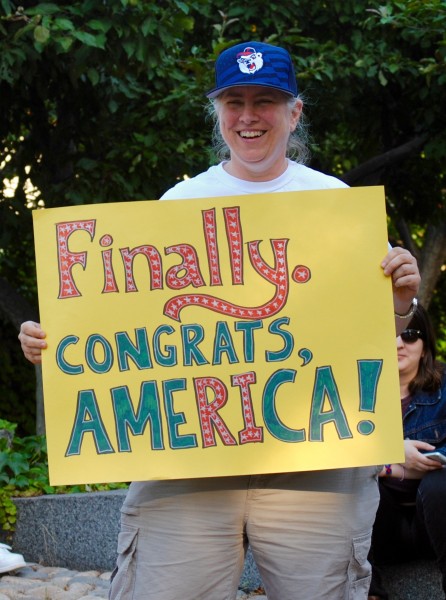
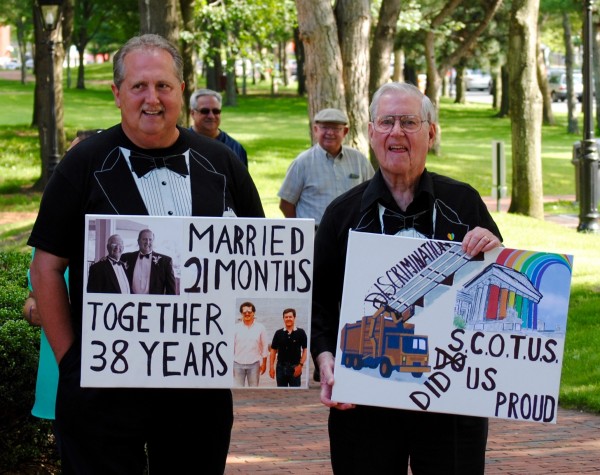

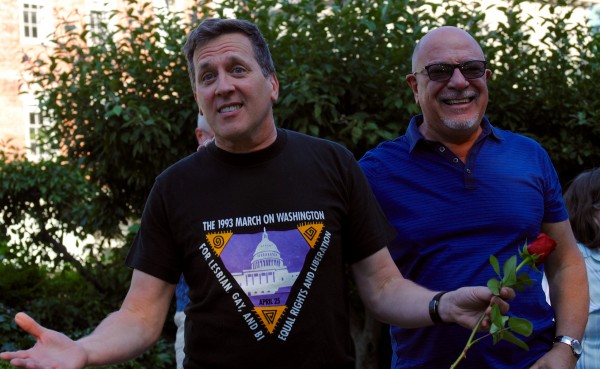
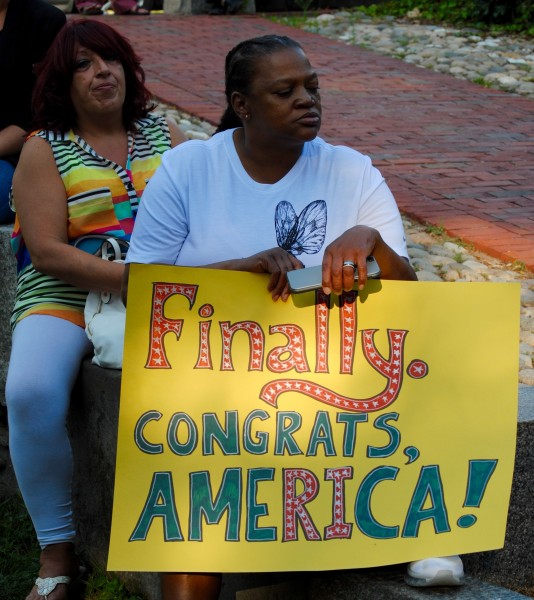
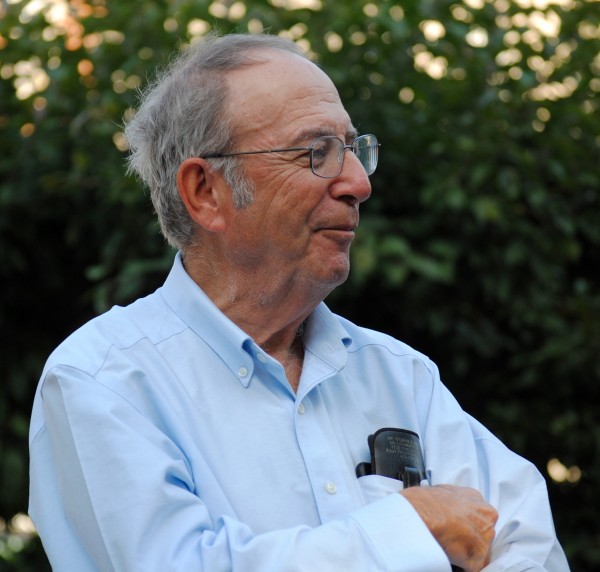
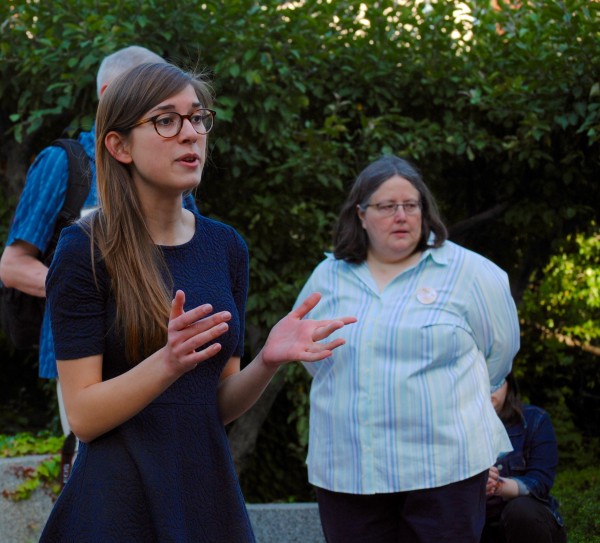
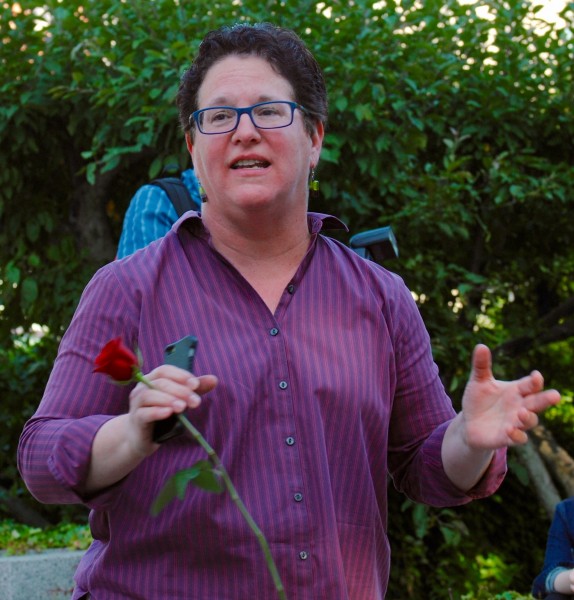
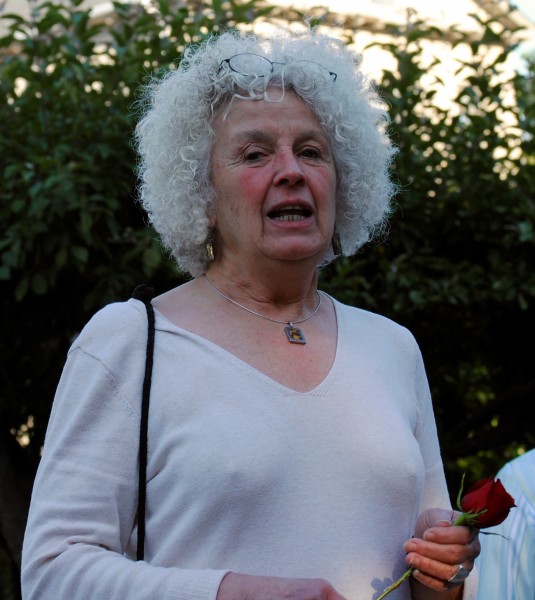

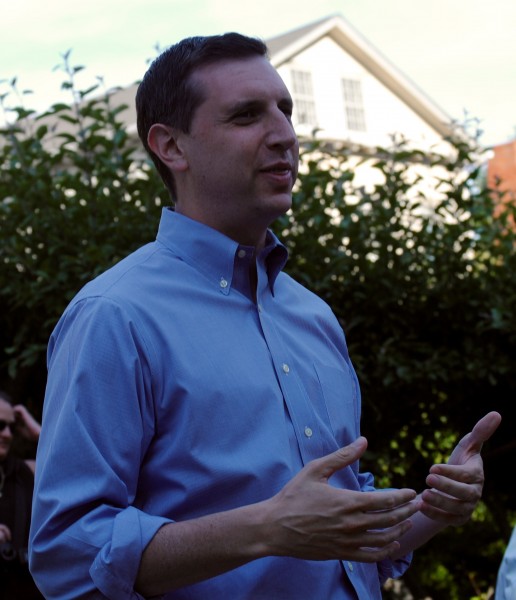
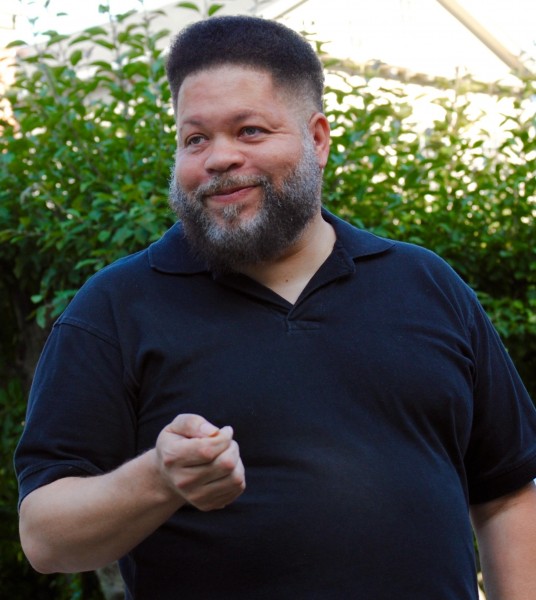
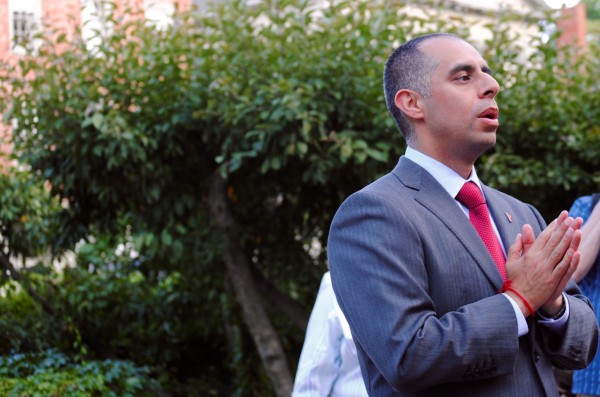
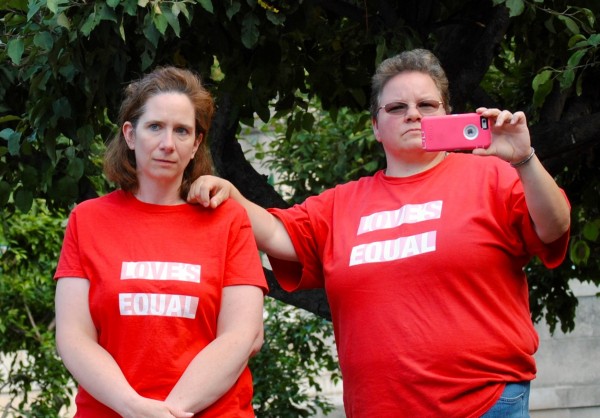
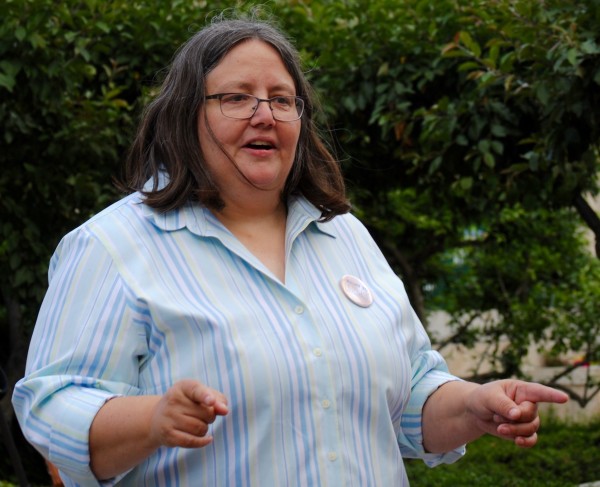

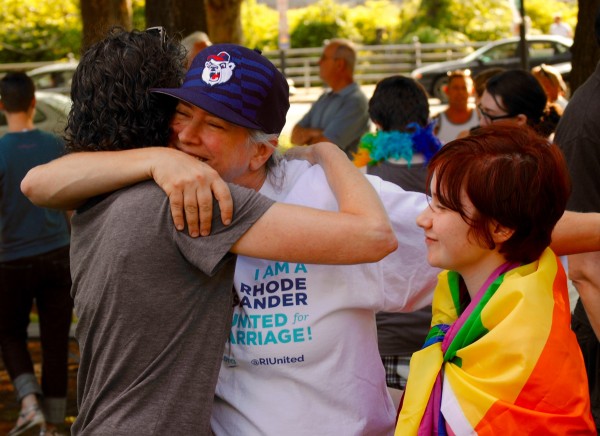



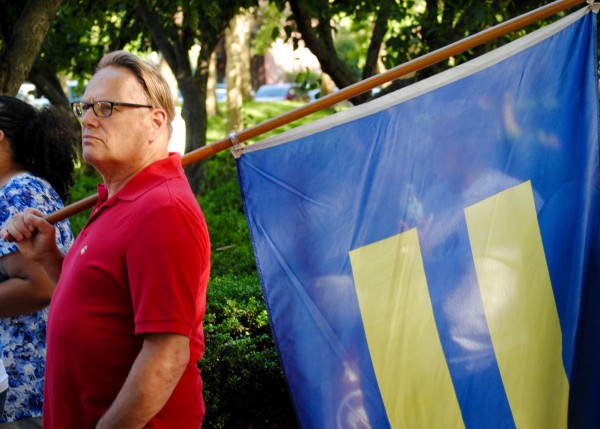
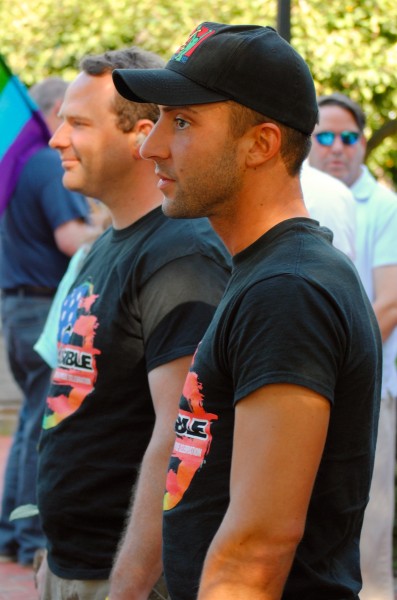

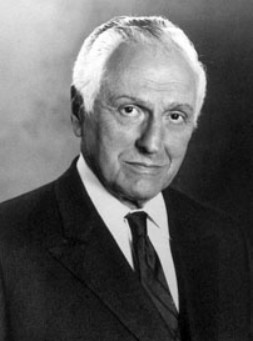
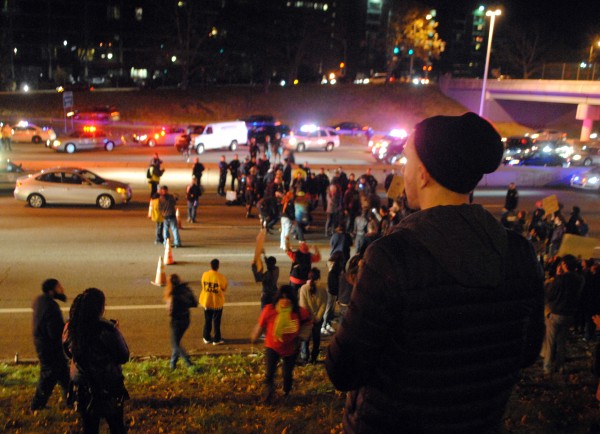

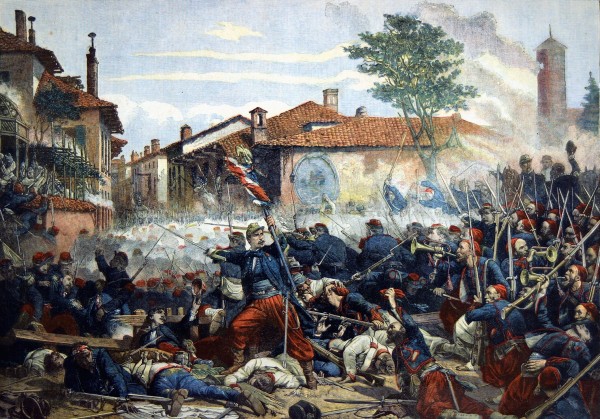
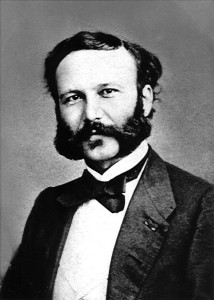
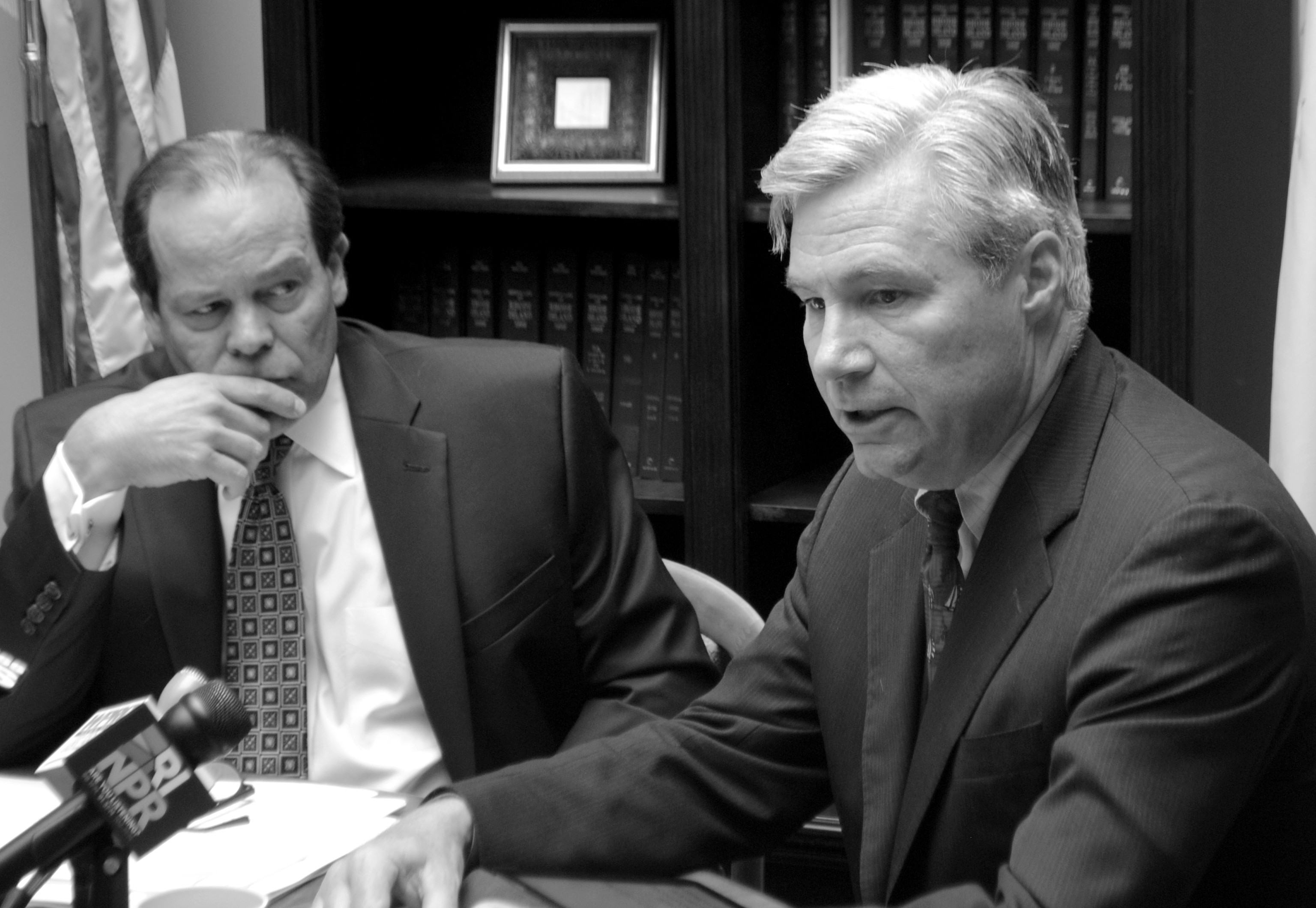
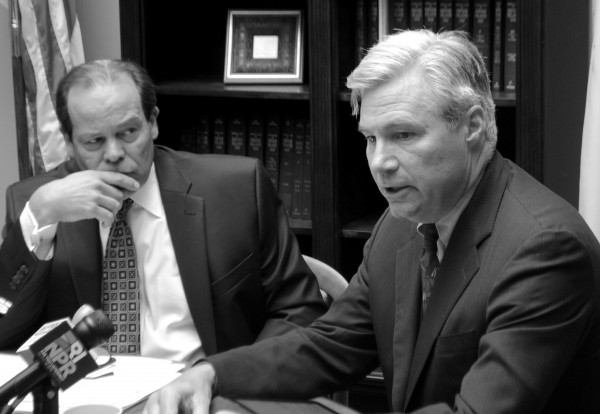
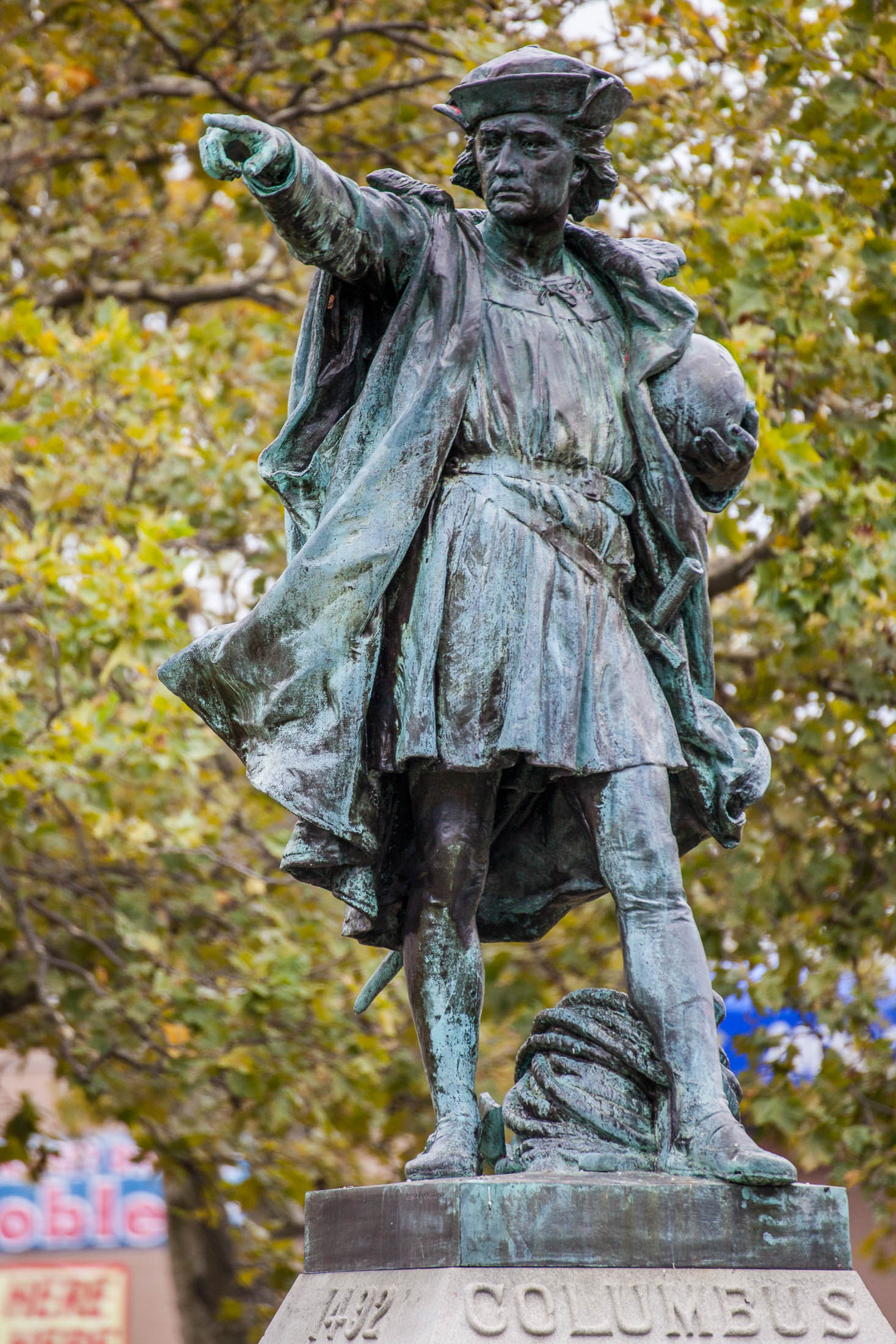
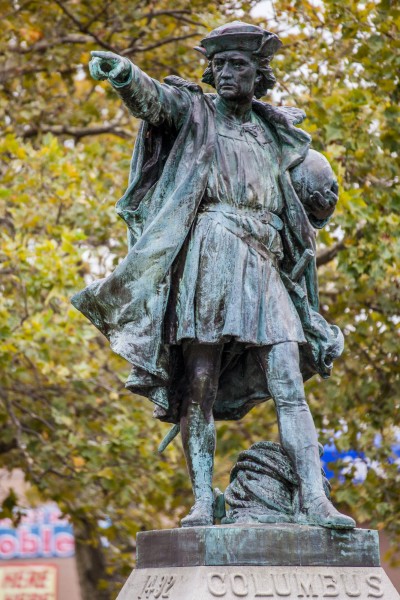 Christopher Columbus was a monster.
Christopher Columbus was a monster.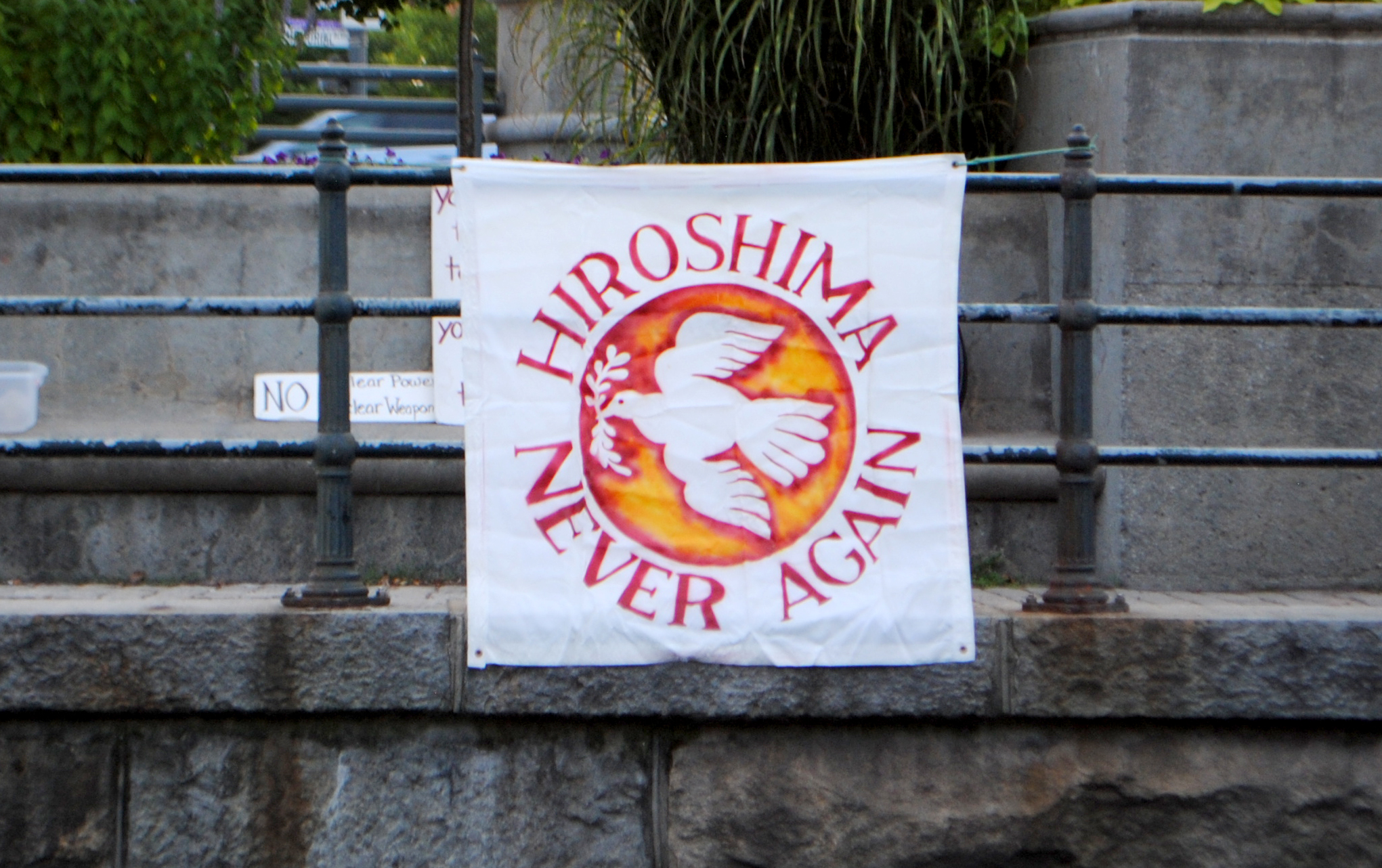
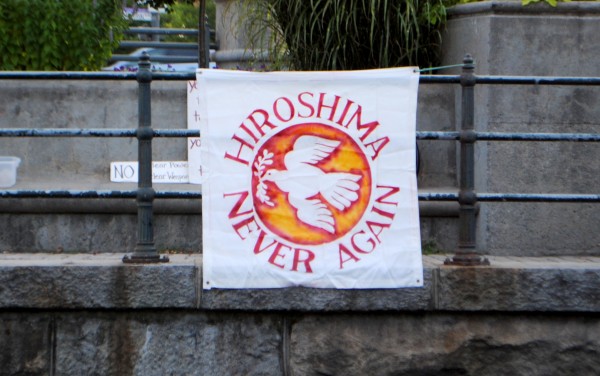 Today is a state holiday in Rhode Island. It’s a day some of us have off and some of us don’t, depending on whether or not we work in Boston, or at some retail job, or for an instate union or government employer. We used to call it VJ Day, for Victory over Japan, but now we call it Victory Day, if we call it anything at all. Many of us are sheepish when it comes to talking about this holiday, embarrassed that we have a holiday to celebrate the apocalyptic conclusion to a terrible world war.
Today is a state holiday in Rhode Island. It’s a day some of us have off and some of us don’t, depending on whether or not we work in Boston, or at some retail job, or for an instate union or government employer. We used to call it VJ Day, for Victory over Japan, but now we call it Victory Day, if we call it anything at all. Many of us are sheepish when it comes to talking about this holiday, embarrassed that we have a holiday to celebrate the apocalyptic conclusion to a terrible world war.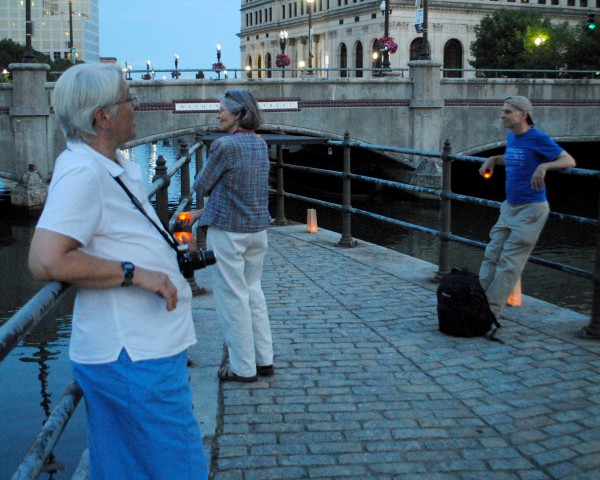 Our Victory over Japan was accomplished via the dropping of two atomic bombs on Hiroshima and Nagasaki, making the United States the only country to ever use the most horrific and destructive weapon of war ever developed. One bomb killed half the population of Hiroshima. Another killed half the population of Nagasaki.
Our Victory over Japan was accomplished via the dropping of two atomic bombs on Hiroshima and Nagasaki, making the United States the only country to ever use the most horrific and destructive weapon of war ever developed. One bomb killed half the population of Hiroshima. Another killed half the population of Nagasaki.
